A GLOBAL MOVEMENT OF PEOPLE HELPING PEOPLE
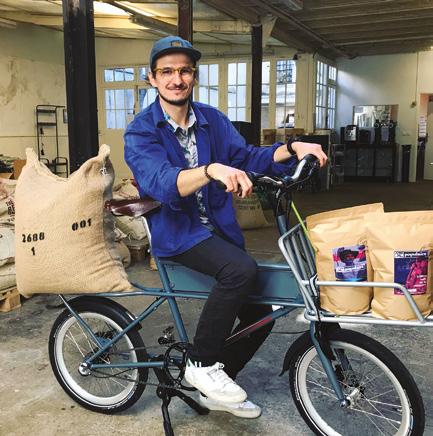
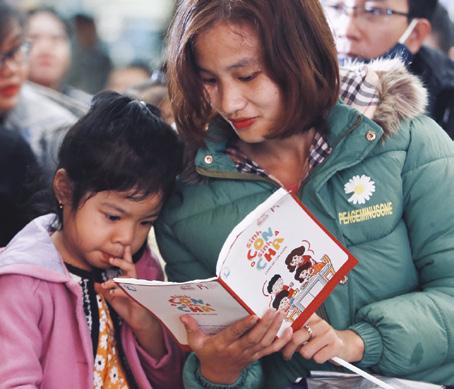
THE HUMAN SAFETY NET ACTIVITY REPORT 2020

2 2
should be held back from reaching their potential. We believe one should be held back from reaching their potential. We in life, no one should be held back from reaching their potential. believe that, whatever happens in life, no one should be held back
held back from reaching their potential. We believe that, whatever happens in life, no one should be held back from reaching their potential. no one should be held back from reaching their potential.
be held back from reaching their potential. We believe that, whatever happens in life, no one should be held back from should be held back from reaching their potential. We believe be held back from reaching their potential. We believe that, one should be held back from reaching their potential. We
believe that, whatever happens in life, no one should be held
We believe that, whatever happens in life, no one should be potential. We believe that, whatever happens in life, no one back from reaching their potential. We believe that, whatever
whatever happens in life, no one should be held back from potential. We believe that, whatever happens in life, no one We believe that, whatever happens in life, no one should
that, whatever happens in life, no one should be held back
from reaching their potential. We believe that, whatever happens believe that, whatever happens in life, no one should be held that, whatever happens in life, no one should be held back
We believe that, whatever happens in life, no one should be
The Human Safety Net Activity Report provides a comprehensive overview of global activities during 2020.
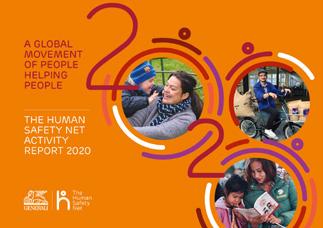
Both documents can be downloaded at: thehumansafetynet.org/activity-report
The Balance Sheet of Generali Foundation
The Human Safety Net ONLUS outlines its financial performance according to current Italian legislation.

The Human Safety Net Activity Report 2020
The Human Safety Net Activity Report 2020 A message from the Chairman ............................. 4 Where we are .......................................................... 5 A message from the Group CEO .......................... 7 Who we are..............................................................8 Facts and figures.................................................... 9 Our commitment to the SDGs ............................ 10 Our theory of change .......................................... 12 A fast response to Covid-19 ............................... 14 CONTENTS The Human Safety Net for Refugee Start-ups ......................................... 33 Key activities .........................................................35 Our network of NGO partners ........................... 40 The Human Safety Net for Newborns ............. 43 Key activities 2020 ............................................. 44 Our network of NGO partners ........................... 46 Scaling up our Impact......................................... 48 How we work ........................................................ 51 Mobilising people and assets .............................52 Volunteering, a key element to amplify our impact ......................................... 54 Investing for impact ............................................. 57 Our venture philanthropy approach ................. 59 Impact measurement and learning .................. 62 Partnerships amplifying impact ........................ 63 Contributions to advance the sector ............... 64 Our future home in Venice ................................ 66 Governance and people ..................................... 70 Rules & best practices ......................................... 72 Our journey ........................................................... 73 Looking ahead ......................................................74 The Human Safety Net For Families ................. 21 Key activities ........................................................ 24 Our network of NGO partners ........................... 28 3
2020 will live in our memories as one of the most serious social and economic crises since the Second World War. The consequences of the COVID-19 pandemic are such that companies have been forced to react rapidly to this extreme situation. Families and individuals everywhere have been forced to change their habits. Life’s challenges for those who were already in vulnerable conditions are now even harder than before. Building a more resilient economy after this pandemic means to build
A MESSAGE FROM THE CHAIRMAN
a more resilient society. This is why today we should act concretely to push the boundaries for equal life chances and social inclusion.
Our global foundation – The Human Safety Net – been working for a few years on this path, and it represents one of Generali’s primary expressions of its larger commitment to society. As an insurer, our purpose is to help people, businesses and families to shape a safer future by caring for their lives and dreams. This means that we have the responsibility to run a 360° sustainable business, looking with long term vision at the most significant global challenges of our time, generating trust and providing solutions. The Human Safety Net addresses some of these challenges, and is one of Generali’s key contributions to achieving the Sustainable Development Goals. A core belief of these goals is the idea that in order to succeed as a global community, we cannot leave anyone behind. We need to leverage everyone’s potential, every talent in our society. That’s exactly The Human Safety Net’s mission.
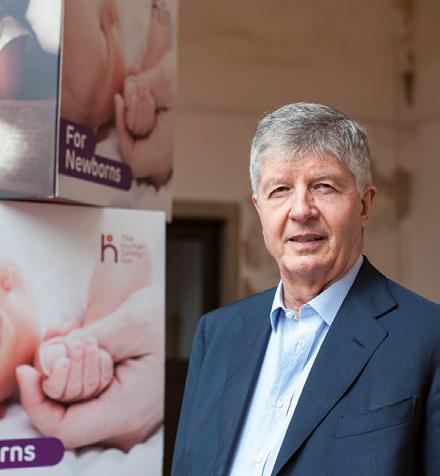
When the Covid-19 pandemic hit, we promptly readjusted our priorities to ensure our activities reach the most vulnerable while creating a new path for the future. This report details the critical activities implemented in response to this emergency, all of which were set up not
only to avert the immediate crisis, but also with an eye to long-term strategic development, to a different way of living and interacting.
This year we reinforced our venture philanthropy approach with Scale-Up Impact, a multi-year strategy that supports replicating successful business models on a national scale, working with pioneering NGOs and other players.
I’m also proud that over the course of 2020, we have partnered with organisations such as Fondazione Italiana Accenture, Cisco, Dell Technologies, Hogan Lovells, and others. Together we are also better to reach more vulnerable people also by means of new tools and contents delivered digitally. This is an initial milestone along the journey to expanding our open net in the future, a concept which informs all of our work. I want to thank these companies for their timely contributions, as well as everyone who is supporting The Human Safety Net.
If companies like ours can do their part –strengthening families, supporting people who live at the margins of society and creating equal life opportunities for everyone – we can tackle social exclusion at its roots and unlock a more inclusive growth for next generations.
Chairman of The Human Safety Net Foundation and the Generali Group
Gabriele Galateri di Genola
The Human Safety Net Activity Report 2020
WHERE WE ARE
The Human Safety Net works with 56 partners on three active programmes in 22 markets across Europe, South America and Asia.

For Families
For Refugee Start-Ups
For Newborns
The Human Safety Net Activity Report 2020
5
PROGRAMME FOR FAMILIES







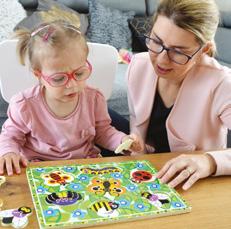
Parents have the greatest impact on their children’s development. The Families programme supports parents in the first six years of their children’s life, laying the strongest possible foundations for their futures and contributing to ECD (Early Childhood Development).
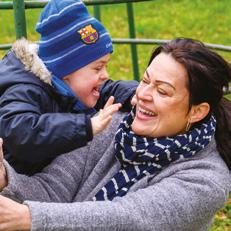
PROGRAMME FOR REFUGEE START-UPS
























Refugees have the talent and resilience to build successful businesses – but they need dedicated support. The Refugee StartUps programme helps refugees flourish as entrepreneurs in order to integrate them into their host countries.
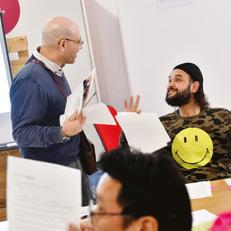
PROGRAMME FOR NEWBORNS





Prematurity and birth complications like asphyxia can influence babies’ future lives. The Newborns programme improves the quality of care and support for these babies and their families, especially those in vulnerable communities.

OUR NGO PARTNERS
The Human Safety Net Activity Report 2020
A MESSAGE FROM THE GROUP CEO
When Generali launched The Human Safety Net three years ago, we wanted to redirect our philanthropy and community initiatives toward a single strategy and shared focus, leveraging our capabilities every step of the way. We believe this allows us to achieve a more significant social impact.
I couldn’t be happier with the results The Human Safety Net has achieved.
When the Covid-19 pandemic hit, The Human Safety Net was fast to implement several knowledge-based actions that allowed it to remain close to the most vulnerable families and refugee entrepreneurs, as well as well as to ensure programme continuity. The emergency forced our partners to shift their operations online in an unprecedented way, creating both urgency and an opportunity to accelerate the digitalisation of the nonprofit sector. In line with our approach to venture philanthropy, the quick release of financial support was complemented by a comprehensive non-financial support package, activating both Generali core business functions and external experts. We were able to help with immediate necessities as well as facilitate the development of digital solutions for our partner NGOs. This allowed them to
better support families and refugees, providing them with learning opportunities, maintaining access to essential services, and limiting the social isolation of the most vulnerable. This year we made innovations in our approach to grant-making and initiated impact investment projects that will fully integrate The Human Safety Net into our customers’ business proposition.
I am proud that Generali employees and agents have been a driving force in amplifying its development. They have been active with families and refugees as digital volunteers. They lent their digital skills as experts to our partner NGOs and supported fundraising campaigns for the communities they live in. No fewer than 500 of them committed to becoming members of the first The Human Safety Net Ambassadors community for 2021.
The year ahead of us will definitively test our collective resilience and spirit of innovation, attributes that have characterized Generali since its foundation almost two hundred years ago. 2021 marks Generali’s 190th anniversary, and I am thrilled that we will be opening The Human Safety Net Hub in Venice to the general public at year’s end. The location is a highly symbolic place for both
Philippe Donnet Board Member of The Human Safety Net Foundation and Group CEO of Generali
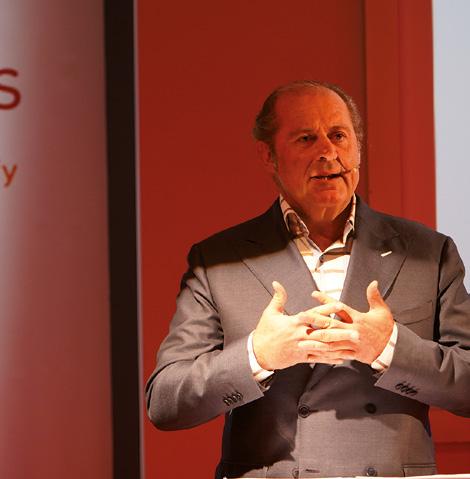
Generali’s past and its future. The Hub aims to be the one physical epicentre, one open node representing our entire ‘Net’, expressing our commitment to giving back to the community. It will be a place to advocate, act and innovate on sustainability issues that underpin The Human Safety Net.
I look forward to welcoming visitors, Venetians, partners and everyone who cares about creating a sustainable future to our new home in St. Mark’s Square!
The Human Safety Net Activity Report 2020
7
WHO WE ARE
Our mission is to unlock the potential of people living in vulnerable circumstances, so that they can transform the lives of their families and communities.
The programmes of The Human Safety Net support vulnerable families with children ages 0-6 and integrate refugees through work. To do so, we bring together the strengths of non-profit organisations and the private sector in Europe, Asia and South America.
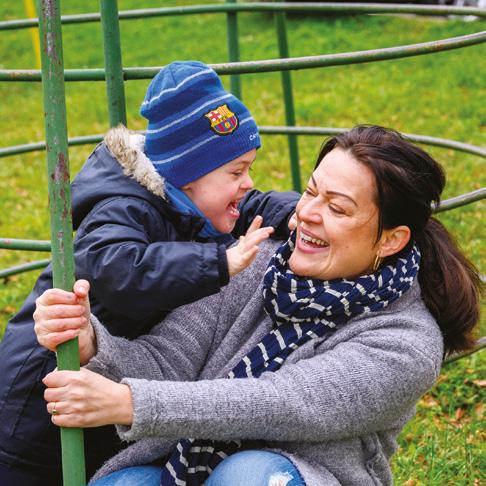
We are an open net and we welcome working with companies, organisations and foundations that share the same goals.
A FOUNDATION INITIATED BY GENERALI
The engine driving The Human Safety Net is a foundation initiated in 2017 by Generali, one of the world’s largest insurers. It extends Generali’s purpose of “enabling people to shape a safer future by caring for their lives and dreams” to the most vulnerable in our society. Generali is mobilizing its people and resources –financial support, time, skills, networks, assets, products – to reach more people and amplify the impact of The Human Safety Net.
The foundation acts as a competence centre for social programmes and provides an additional source of funding to countries where The Human Safety Net is active. It assesses partners through a robust selection and due diligence process, coordinates programme design and implementation, monitors progress and shares lessons learned as part of a global Monitoring, Evaluation and Learning system.
All our programmes depend on a strong partnership between The Human Safety Net’s NGO partners and Generali companies active within the same communities.
This is how we believe we can add the greatest value to our partners and have the most impact on the lives of people who benefit from our programmes.
We believe that, whatever happens in life, no one should be held back from reaching her or his potential.
The Human Safety Net is a global movement of people helping people.
The Human Safety Net Activity Report 2020
FACTS & FIGURES
No. of partners:
56
No. of active markets: 22
Beneficiaries since 2018:
86,673
INVESTED BUDGET (2020)1:
Parents: 21,022 €7.5 MILLION
Health Professionals: 198 Foundation €3.9M Business units €3.6M
2018 6,934 2019 23,843 2020 55,896
55,896 Hours of volunteering:
Children: 34,212 Start ups: 109
€11.2 MILLION 1
January 1st – December 31st, 2020 € mln Fondazione Generali – The Human Safety Net ONLUS 3.9 Generali business units of which: Grants/donations In-kind donations Time donations 3.6 3.0 0.4 0.2 TOTAL 7.5
€3.9M
Refugees: 464
€1.1M
Employees and agents fundraising
€3.6M Generali business units
€2.5M
Co-funding by other partners
all details, see page 59. 9
Human Safety Net Activity Report 2020
The
Beneficiaries:
9,063
In 2020, and despite the challenging Covid-19 environment, The Human Safety Net community boosted its effort doubling the number of families and refugees benefitting from our programmes. With more than 55K people supported in 2020, we reached more than 86k families and refugees since The Human Safety Net started operations.
As of 2020
The Human Safety Net Foundation
For
OUR COMMITMENT TO SUSTAINABLE DEVELOPMENT GOALS
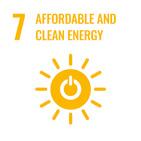

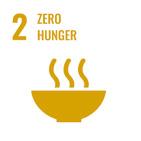
The Human Safety Net’s programmes contribute directly to five UN Sustainable Development Goals (SDGs):
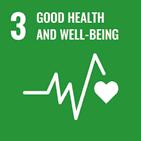
• The Human Safety Net for Families contributes to early childhood indicators (SDGs 3, 4).
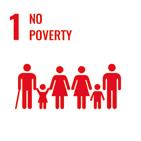
• The Human Safety Net For Newborns helps reduce newborn mortality (SDG 3).
• The Human Safety Net for Refugees helps create jobs and sustainable communities (SDGs 8, 11).
• All programmes are based on the principle that they can only achieve a significant impact when working in partnership across countries and stakeholder groups (SDG 17).
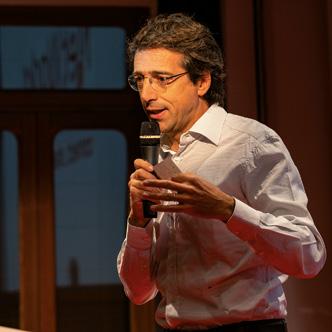

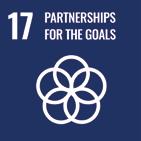
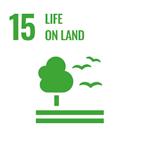
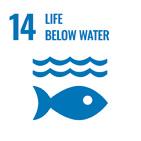
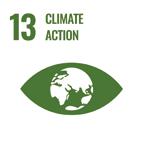
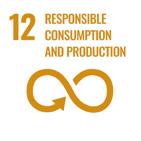
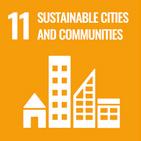

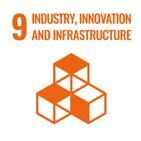
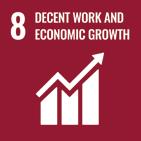

“The effects of Covid-19 have devastated the most vulnerable in our society. The United Nations has concluded that the pandemic has reversed decades of progress on poverty, healthcare and education, setting back our global community’s efforts to work towards the Sustainable Development Goals. This is the moment to redouble our efforts to achieve the SDGs. They are a core part of Generali’s purpose and through The Human Safety Net we are mobilising our people, resources and capabilities for this mission.”
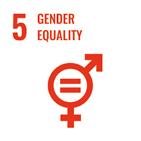 Board member of The Human Safety Net Foundation and Generali Director of Communications and Public Affairs
Simone Bemporad
Board member of The Human Safety Net Foundation and Generali Director of Communications and Public Affairs
Simone Bemporad
The Human Safety Net Activity Report 2020
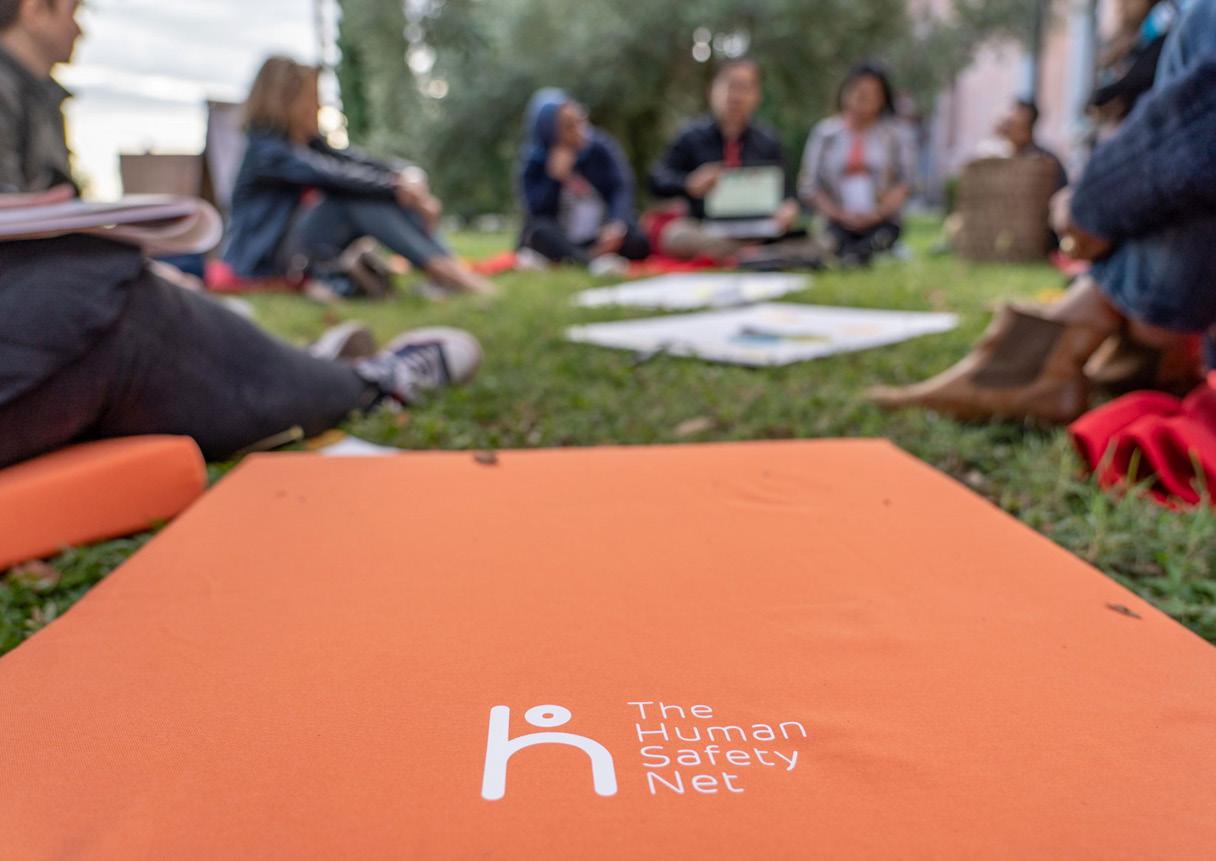
OUR THEORY OF CHANGE
OUR VISION is that everyone has the opportunity for a better life through a sustainable livelihood.
OUR MISSION is to unlock the potential of people living in vulnerable circumstances so that they can transform the lives of their families and communities.
THREE EVIDENCE-BASED PROGRAMMES TO DELIVER SOCIAL IMPACT AND STRENGTHEN THE ECOSYSTEM:
UNLOCKING POTENTIAL FOR FAMILIES
Supporting parents in the first six years of their children’s life to lay strong foundations for their future.
Impact for families:
• Positive behaviour change in parents
• Children show developmental benefits
IMPACT ON NGO PARTNERS:
UNLOCKING POTENTIAL FOR REFUGEES
Helping refugees flourish as entrepreneurs to integrate them into their host countries.
Impact for refugees:
• New businesses started
• Jobs created by and for refugees
• Greater empowerment
A vibrant community of leading NGOs and social enterprises with greater reach and impact.
UNLOCKING POTENTIAL FOR NEWBORNS
Improving quality of care and support for at-risk newborns and their families.
Impact for newborns:
• Fewer birth complications
• More babies thrive after complicated births
IMPACT ON THE ECOSYSTEM:
Strong networks and partnerships to advance and multiply The Human Safety Net’s impact.
The Human Safety Net Activity Report 2020
OUR UNIQUE STRENGTHS:
• People and volunteers contributing skills
• Harnessing Generali’s capabilities and services as an insurer and asset manager
MOBILISING PEOPLE AND ASSETS
• Fundraising
• Advocating on shared issues
IMPACT, LEARNING & IMPROVING
• An open, welcoming platform for NGOs, partners and experts
• Connected globally while anchored locally
AN OPEN, GLOBAL NETWORK OF PARTNERS
We seek strategic alignment with Generali’s business and sustainability ambitions:
• Bridging private and social sectors
• Engaging people
• A competence centre for social innovation and impact
• Creating shared value
65 MILLION CUSTOMERS
• Fostering learning about best practices and innovation
• Utilising a shared framework for measuring collective impact
• Co-designing the future
• A global centre to draw the network together for greater collaboration and impact
• Inspiring new visitors every day
72K EMPLOYEES
150K+ AGENTS
The Human Safety Net Activity Report 2020
13
OF
NET IN VENICE
IN THE NEW HOME
THE HUMAN SAFETY
The Human Safety Net Activity Report 2020
A FAST RESPONSE TO COVID-19
The Covid-19 pandemic presented our partners and beneficiaries with unprecedented challenges.
The vulnerable families supported by the For Families programme were hard hit by lockdowns, school closures and, in many cases, job losses. Families with several children often live in small apartments. Fathers and mothers in the informal job market had limited recourse to public subsidies and struggled to meet basic needs. Parents who had depended on creches and preschools to offer food, stimulation and learning to their children suddenly found themselves struggling to create a nurturing home environment on their own. Jack Shonkoff at the Harvard Center on the Developing Child summarised it this way: “For the millions of parents who were already struggling […], the stresses are increasing exponentially.
We cannot lose sight of the massive consequences of these threats to the health and development of our most vulnerable children and their families—now and for years to come.”2
The impact on refugees supported by For Refugee Start-Ups was equally severe. Active entrepreneurs (programme alumni) frequently had no cash reserves and depended on their revenue for living expenses. They struggled to access information about public subsidies, and many found themselves close to bankruptcy. Current participants of the programme struggled to connect to online workshops because they lacked appropriate devices and connectivity.
A needs assessment among NGO partners in March 2020 revealed that most of the organisations had to pause their activities and focus on providing emergency assistance to their beneficiaries. In-person activities stopped
and Covid-19 forced The Human Safety Net partners to shift their operations online in an unprecedented way, creating both an urgency and an opportunity to accelerate digitalisation of the non-profit sector.
Covid-19 highlighted the digital divide: those who most needed digital support during this crisis were those least equipped to access it.
The Human Safety Net responded by launching initiatives for more than €1M to support families and refugees during and after the crisis, providing them with learning opportunities, maintaining access to essential services, and limiting the social isolation of the most vulnerable. By May 2020, we supported 17 partners with rapid response grants addressing both immediate emergency response and long-term digital solutions.
2 Jack Shonkoff 2020, ‘Stress, Resilience, and the Role of Science: Responding to the Coronavirus Pandemic’, https://developingchild.harvard.edu/stress-resilience-and-the-role-of-science-responding-to-the-coronavirus-pandemic/
RAPID RESPONSE GRANTS
LONG-TERM SOLUTIONS:
6 grants to develop digital solutions including online learning platforms and mobile apps. These will be relevant in the longer term as well
EMERGENCY RESPONSE
11 grants to shift operations online, purchase electronic devices and software licences, and provide beneficiaries with emergency assistance and online one-to-one support
“Covid-19 has exacerbated the vulnerabilities of communities we serve around the world. It also posed a serious threat to the NGO partners in our network, many of which are smalland medium-sized organisations whose operations and funding have been at risk. We felt that, in the spirit of good partnership, it was important to offer the greatest possible flexibility to our partners and to be nimble in responding to new needs and circumstances. We have sought to provide meaningful support, not just financially but also on a human level, to foster real solidarity within this community of inspiring change-makers. Covid-19 has also been a real accelerator of social innovation, within our network and in civil society at large. It has spurred the development of digital solutions which promise us cost-effective and impactful ways of accompanying more people in the future. We want to do our part to test and perfect these new models and bring them to scale. What strikes me most is that, even when working digitally, our partners maintain their human touch
and empowering approach. Digital does not mean a light touch: frequently, educators and social workers have spent many extra hours corresponding intensively and 1-on-1 with parents via phone, video call or social media. They are the real heroes during this pandemic.”
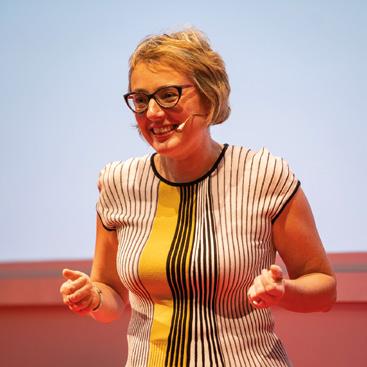
The Human Safety Net Activity Report 2020
Executive Officer of The Human Safety Net Foundation and Generali Group Head of Corporate Identity
Emma Ursich
17
15
At The Human Safety Net, we have been inspired by the concept of venture philanthropy, the idea that inspiration, know-how and expertise are just as important as funding to help our partners succeed3. That is why we complemented our rapid response grants with a comprehensive package of non-financial support which made Generali’s digital know-how and outside experts available to our partners through:
3. Peer-to-peer calls to share insights and progress
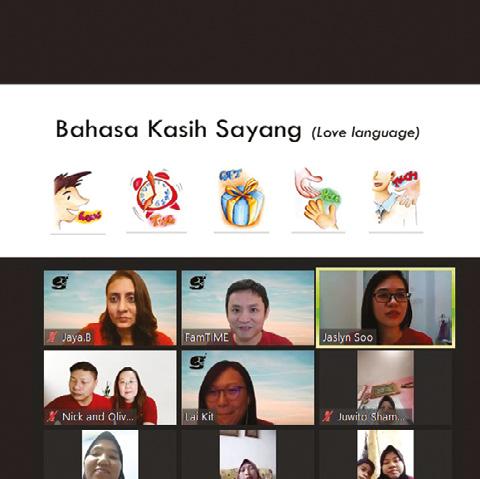
Our NGO partners have used these grants to develop or upgrade digital platforms such as apps and websites, while also creating online educational content for their beneficiaries and keeping them connected via laptops and tablets. Through this support, partners were not only able to continue helping families and
refugees, but also to digitalise their operations, innovate new programmes and services, and experiment with online and blended learning formats. These offer new opportunities to explore digitalisation as a future path to scale and as a way of reaching more beneficiaries, especially in rural areas.
3 EVPA 2018, Adding value through non-financial supportA practical guide.
1. Technical webinar series by Generali’s Digital Innovation and Content teams
4. Access to pro bono advisory support from companies including Dell Technologies and Fondazione Italiana Accenture
2. Expert-led webinars with digital innovators from the non-profit sector
The Human Safety Net Activity Report 2020
1 3 2 4
“I was extremely happy I could help provide some training sessions on digital topics to NGOs that needed to reinforce their digital presence since physical contact was no longer possible. It was an amazing experience to enter this world of solidarity. It changed my point of view: using digital technology in the service of under-privileged people, helping support them during this dramatic moment meant shifting from a business focus to helping and supporting other people.”
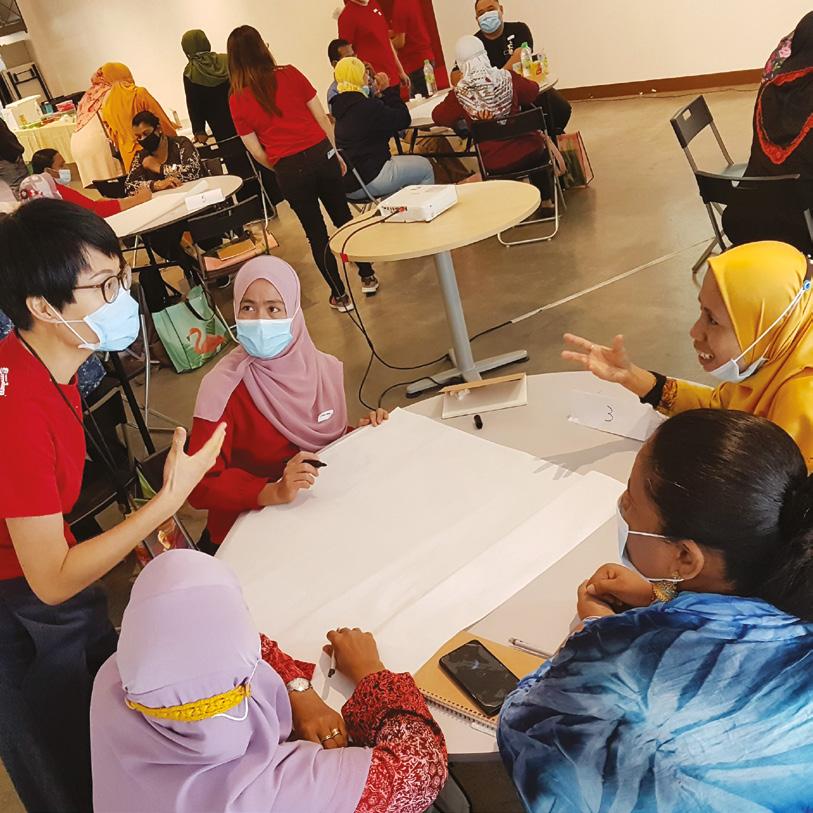

The Human Safety Net Activity Report 2020
Generali Data & Digital Team
Cristina Pirola
17
Helping NGOs, families, children and refugees deal with Covid-19
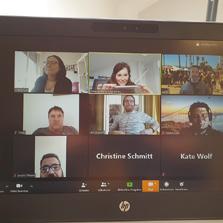
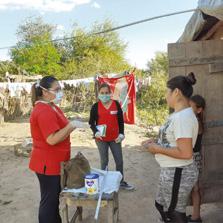
PCs, TABLETS AND SMARTPHONES
In France, Italy, Slovakia and Slovenia, hundreds of tablets and PCs were delivered to vulnerable families to keep them connected to vital services and educational programmes. In Slovakia, Generali colleagues started a collection of used but fully functioning smartphones that were distributed to families in need.
FOOD AND HYGIENE KITS
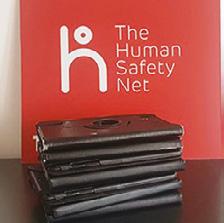
The lockdown caused immediate job losses for many vulnerable families. In Spain, Generali initiated a fundraising campaign to supply food assistance to 80 families. In Argentina, the Generali management team and employees donated 600 food and hygiene kits. In Indonesia face masks and three Portable Hand Washing systems co-funded by Generali employees and agents were donated to our NGO partner. Employees in Malaysia volunteered to distribute food packages to families that had lost their sources of income.
SUPPORT FOR FAMILIES AND MEDICAL STAFF IN PARTNER HOSPITALS
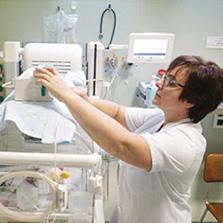
In Hungary, we opened a free mental care helpline for medical professionals. In the Czech Republic, hygiene supply packs were distributed to families with preterm children, and nurses were provided special care. Both activities were financed by employee donations and matched by Generali’s regional office. In Poland we supported delivery of medical materials to Poznan Hospital.
ENSURE SURVIVAL OF REFUGEE START-UPS
In France and Germany, we allocated €87,000 in emergency grants to 20 refugee entrepreneurs who had been incubated by The Human Safety Net in the last two years. One of these entrepreneurs is Ibrahim Obeid, owner of a tailoring and laundry business. Obeid suffered a massive decline in sales during the pandemic, dropping from €1700 to €400 per month and was supported in staying afloat.
The Human Safety Net Activity Report 2020
Focus on: 19
First6Years App
When ACEV’s face-toface programmes were interrupted for much of 2020, the organisation focused on an alternative channel: upgrading and relaunching its First6Years app to provide content and advice to parents via mobile devices.
The First6Years app was originally launched in 2015 as a free mobile application for smartphones and tablets, offering content focused on development for children ages 3 to 6. ACEV launched an expanded, more interactive version of the app for a broader age group (pregnancy to 6 yrs.). The revised app is more playful and interactive, offering more video content for families with low literacy levels and collaborating with companies to offer discounted goods and services (e.g. baby food and personal health products). ACEV plans to reach more than 100,000 users through the app.
Bambini Patapum!
In March, Mission Bambini created an online platform called “Bambini Patapum” to support families in isolation with children ages 0-6 populating the platform with extensive multimedia content including workshops, musical activities and stories produced by educators across Italy. Using tablets donated by Generali, Mission Bambini managed to reach digitally isolated families and offer them access to the platform and the psycho-pedagogical advice of the platform’s online experts.

The organisation used its Covid-19 Response Grant to add online workshops, webinars and one-on-one consultations to the “Bambini Patapum” offering. They created a community of digital educators, providing them with the technical know-how to accompany parents online via the platform. The Human Safety Net also partnered with Fondazione Italiana Accenture to further strengthen this platform and support Mission Bambini’s digitalisation journey.
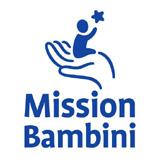
The Human Safety Net Activity Report 2020

THE HUMAN SAFETY NET FOR FAMILIES PROGRAMME
Who we are today is largely shaped in the first six years of our lives. One million neural connections form every second during those early years, more than at any other time in life. By the time children start school, 90% of their brain is already fully developed. Day by day, the brain is shaped through early relationships, experiences and learning opportunities. These have a proven impact on children’s health, education and career prospects for the rest of their lives. The best long-term investment in inclusive societies is at the beginning of life, in early childhood.
4 Black M. M., et al. (2017) Early childhood development coming to age: science through the life course. The Lancet.
The early years are also the most vulnerable: poverty, stress and neglect can hurt a child’s chances in life. Around the world, 250 million boys and girls under the age4 of 5 are at risk of not achieving their full potential, and this situation has only grown worse during the global Covid-19 pandemic. But even when facing great adversity, the best safety net for young children is a nurturing relationship with their parents.
The Human Safety Net Activity Report 2020 For Families Programme
Parents have the greatest impact on their children’s development.
For Families supports parents, helping them lay the foundations for a brighter future for their children.
21
For Families supports parents living in vulnerable conditions by investing in parenting courses and family centres. While each programme differs, generally parents participate in frequent workshops over several months, receive home visits or can participate in activities with their children organised by family centres.
The programmes show parents the importance of playing and reading with their children and how to integrate these and other activities into their daily lives. Parents receive counselling on topics such as health, hygiene and nutrition. Families also connect with each other for peer support and are referred to relevant social, health and educational services when needed.
The programmes have demonstrated that parents become more confident and cope better with emotions and stress. They acquire simple practices and behaviours which have a proven impact on child development.
The For Families programme made a particularly important contribution during the Covid-19 crisis, when parents around the world began spending more time with their children and had less outside support.
5 Adapted from: WHO, UNICEF, WBG (2018). Nurturing care for early childhood develpment: a framework for helping children survive and thrive to transform health and human potential.
The Human Safety Net Activity Report 2020
For Families Programme
RESPONSIVE CAR E G I V I N G
PPO O R T U N I T I ES FOR EARLYLEARNING COMPONENTS OF NURTURING CARE 5
GOODHEALTH ADEQUATENUTRITION
SECURITY AND SAFETY
Patricia’s Story
“I learned about Itaca by chance. A friend invited me when Gabriel was only four months old. She told me there were workshops for families, and I decided to attend. Other mothers helped me join the programme, and I soon felt at home. For example, I learned how to teach our children to socialise better, be more independent and interact with others. Gabriel has improved a lot. He has left the diapers behind, and eats alone now. This was a huge step! During the lockdown in March, the Foundation gave us unconditional support. Itaca and The Human Safety Net, together with other associations, gave us food and support during that difficult time. They even offered financial support to families in extreme difficulty. I received so much help and I am so grateful that I started recommending the programme to my friends. Those who need help, of course, but also those who might benefit from social, psychological and emotional support. In these complicated times, it is important to feel protected. I am super proud that my daughter Natalia, who previously participated in Itaca’s programmes as a teenager, now wants to become an early childhood educator.
For Families Programme
She participates in sessions with the small children as a volunteer in The Human Safety Net programme, to learn more about this profession. The Foundation welcomes everyone. They support us in family development and give us the best advice for educating our children.
Patricia has attended The Human Safety Net partner Itaca’s workshops in Barcelona (Spain). She lives with her husband and their two children: Gabriel, who is two and a half, and Natalia, who is 16.
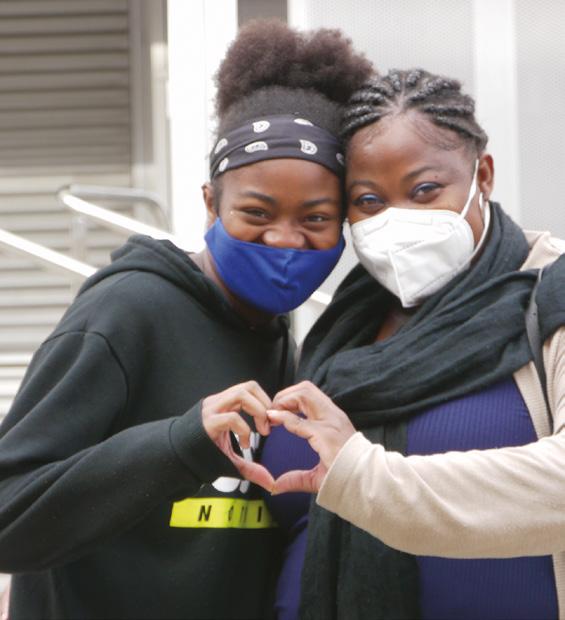
The Human Safety Net Activity Report 2020
“Whenever it was needed, we’ve alway had a call. They kept telling us: ‘if you need something, just come in...’ They were a great support for our children’s education. For that, I’ll always be grateful.”
23
KEY ACTIVITIES
For Families is The Human Safety Net’s largest programme. It targets “at risk” families and children.
Typically these are families that display several of the following factors: low income, unemployment, migrant background, addiction, mental health and/or chronic diseases, single or teenage parenthood.
The programme focuses on prevention. We intervene early so that parents are empowered to better provide nurturing care to their children before a child’s development suffers irreparable damage.
Partners of the For Families programme assist families through one or more of the following three models:
Parenting courses: groups of parents come together, typically for weekly two-hour sessions held over several months, to build their knowledge, skills and confidence as parents.
Family centres: open hubs where families and their children come to spend quality time together, for example reading, playing together, attending workshops and/or counselling sessions for parents.
Home visits: trained social workers or educators visit parents on a one-to-one basis, encouraging them to practice new parenting styles in the home environment. While expensive, when paired with group sessions home visits often greatly enhance programme success.
Since its launch in 2018, For Families has reached:
80,515 beneficiaries
28,117 parents
52,338 children, of which 16,435 directly and 35,913 indirectly through their parents.
In 2020 our partners had to adapt their family services to deal with the Covid-19 crisis. Face-to-face activities were not possible for much of the year, so NGOs took their programmes online, holding workshops on Zoom, creating Whatsapp groups and sharing educator tips and content through websites and via text messages. As a result, parents were able to stay connected and benefited from more than 5k peer-to-peer sessions and workshops throughout the year. Responding to the acute stress faced by families in isolation, our partners focused on one-to-one tailored support, offering 22K individual counselling sessions. They increased the distribution of health kits and play/reading materials for children.
For Families Programme The Human Safety Net Activity Report 2020
Partners’ voices
“During the Covid-19 crisis we had to react very quickly. We had to completely reorganise our usual activities in order to respond to social emergencies affecting the most invisible families, those who are furthest from institutional support. We knew our audience and we were able to help them. But how? While institutions and communities are busy trying to adjust to new realities, what a joy it is to receive the kind of prompt and reactive help The Human Safety Net provided! Together, we managed to organise emergency deliveries of basic commodities: food, of course, but also first-class products for babies and children. The most important thing is that we were there for each other, along with our beneficiaries, supporters and partners. We truly experienced what it means to work together to provide the right answers in real time.”
For Families Programme
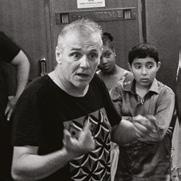
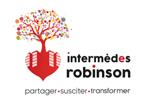
Dadka’s Story
“I started to visit the family centre because I liked meeting other mothers who face the same difficulties. We were able to exchange opinions and benefit from each other’s advice. This mutual support made me feel stronger and more confident that I really want the best for my two boys, Ľuboško and Maťko.

I began to repeat the activities we were doing at the centre and practice as much as possible at home. In summer 2019, we had the chance to participate in a five-day summer camp in Kľačno. I still remember the great adventures together with my children - I could not have afforded [them] alone. As a result, my younger boy Maťko has become a courageous boy with smiling eyes and improved his communication. He made progress in grasping objects with his hands and liked playing with numbers, plants and maps.
Today, after moving away from Žilina, I continue to be in contact with our educator Katka. I look forward to meeting her again when the situation improves: this programme has given me long-lasting relationships even outside the workshops in family centres.”
https://www.thehumansafetynet.org/ newsroom/all/This-mutual-supportmade-me-feel-stronger-and-moreconfident-that-I-really-want-the-bestfor-my-two-boys
Dadka has been attending the Learning for Life programme at the family centre in Žilina (Slovakia), supported by NGO partner Union of Mother Center.
The Human Safety Net Activity Report 2020
“This programme has given me long-lasting relationships, even above and beyond the family centre workshops.”
Laurent Ott
25
2020 HIGHLIGHTS
IMPACT ON FAMILIES
The real measure of the For Families programme is the significant positive impact it has on the lives of mothers, fathers and children:
• In 2020, the For Families programme showed a rapid increase in reach, affecting additional 17,862 parents and 32,559 children across 20 countries.
• In order for the programmes to have an impact on families, parents have to be continuously engaged and attend the majority of the sessions offered. In 2020, the retention rate of participants was 73% on average, indicating that only 27% of parents dropped out prematurely.
• The satisfaction rate among the participating parents was 93% on average.
• While the programme continues to reach mostly mothers, the share of fathers participating in the programme is increasing and reached 15% in 2020.
The Human Safety Net Activity Report 2020 1 2 3
For Families Programme
As part of a common approach to evaluate the impact of the THSN For Families programme, our partners assessed whether their initiatives were able to change and improve the awareness, skills and practices of parents attending their programs.
Parents have better awareness of their child’s development needs & the importance of their parental role (16 partners)
In Slovakia, Union of Mother Center (UMC) found that 80% of participants have a better perception of their role as parents, reporting they feel more confident, comfortable and better equipped to identify what their children need for development.
Parents have increased their knowledge, skills and/or abilities to provide more nurturing care (17 partners)
Generasi Gemilang, in Malaysia, shared that 71% of parents reported their commitment to introduce changes in the relationships with their children at home as a result of their participation in the programme. Centro per la Salute del Bambino, in Italy, shared that 70% of mothers reported having gained new knowledge on shared reading with their children; 60% on making music and sounds with objects; and 50% on playing with simple things.
Parents and children show significant changes in family life as a result of acquired skills, knowledge, capacity
For Our Children Foundation, in Bulgaria, and Eltern-AG, in Germany, shared respectively that 91% and 97% of parents revealed an increase in the time spent with their children and the quality of their interactions, while Fundacion Tomillo in Spain observed improvements in family routines for 66% of parents.
IMPACT ON PARTNERS
For Families also seeks to support the capacity of its partners and increase their ability to deliver deeper impacts on a larger scale. Together, the network is more than the sum of our NGO partners as several key milestones achieved in 2020.

1. Strenghtening partners’ capabilities Reinforcing the shared Monitoring, Evaluation & Learning framework (MEL)6 to encourage more robust theories of change and strengthen partners’ abilities to make changes and generate evidences.
2. Global experts and peerto-peer exchanges Regional and global peer-to-peer exchanges complemented by bringing in global experts on a wide range of topics of relevance to the For Families partners.
Our NGO partners are stronger together and were able to benefit from each other’s digital tools, developed to respond to the Covid-19 emergency. For example, Big Brother Big Sisters (BBBS) in Austria is recommending an application developed by our Turkish partner, ACEV, to the Turkish-born mothers they work with in Vienna who do not speak German well. Moreover, BBBS and ZPM LjubljanaMoste in Slovenia decided to partner with
3. Scaling Up Three partners received Scale Up Impact grants to scale up their successful approaches over the next three years to reach more families and refugees by working with the public and private sectors.
and use the platform created by our Croatian partner Rastimo Zajedno, since there are many immigrants whose native language is SerboCroat living in both Austria and Slovenia.
This confirms our deep belief that the answer to the new challenges posed by this pandemic is not fragmentation but an even deeper collaboration.
The Human Safety Net Activity Report 2020
6 For all
27
details, see page 62. For Families Programme
The Human Safety Net Activity Report 2020
For Families Programme
On-line storytelling in Indonesia
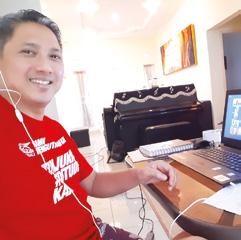
In November The Human Safety Net and NGO partner HOPE Worldwide Indonesia celebrated National Fairytale Day with the first on-line storytelling.
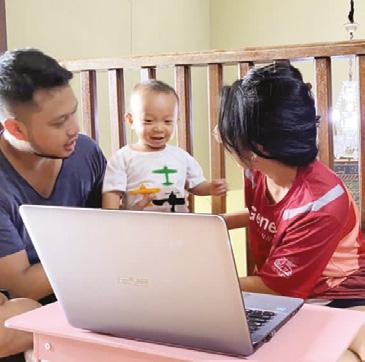
The event involved 16 storytellers, 4,000 children from disadvantaged families in 20 communities, with Generali colleagues supporting four of these communities. It was a huge success, boasting active participation from both management teams and employees, all of whom volunteered their weekends to entertain children and their families. Volunteers read stories on the theme ‘perseverance brings you to your destination’.
Everyone listened to storytellers and participated in an interactive Q&A session with the children, enjoying each other’s company and laughing together. In addition, soon after this event ended, HOPE distributed healthy foodstuffs to all the children.
This is one example of a successful switch to online support while preserving the essence of shared learning with children.
In Italy, Ora di Futuro (Time for the Future) is an education project for children that brings together teachers, families, primary schools and non-profit networks promoted by Generali Italy.
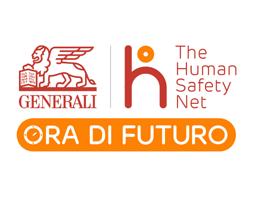
One goal is to teach primary school children to manage their resources and to make responsible decisions on topics such as health and wellbeing, environmental resources, finances and savings.
The other goal is to support initiatives for families from vulnerable backgrounds with children aged 0-6 that focus on parenting support, in collaboration with three nonprofit organisations. Since 2018, an additional 80,000 children in 6,180 primary school classes participated in the project, and 10,792 parents and children ages 0-6 have been supported in 16 family centres across Italy.
With the pandemic, school modules have been reinforced to better support educators and families, while the family centres have supported parents to cope with the emergency, even at a distance, ensuring educational
continuity and psychological support.
In addition, 1,000 tablets have been donated to school children and families in difficulty to support distance learning and prevent problems accessing education from exacerbating
inequalities. For non-profit organisations, digital activities were supported to support families through the development of online platforms and digital volunteering.

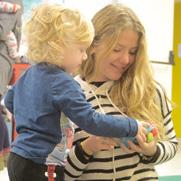
https://www.thehumansafetynet.org/
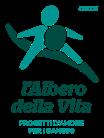

newsroom/all/The-most-vital-humanneeds-consist-in-being-heard-andhaving-access-to-equal-opportunities
“What we found is a clear need for support, comfort and dialogue. When people understand that there are many others in the same boat, the knowledge acts as a source of strength and helps them through the difficult moments.”
“In contexts of extreme cultural and social fragility, the Covid-19 pandemic created a whole range of issues that grew progressively worse. We ensured ongoing socio-educational support for all the children and their families via remote means including WhatsApp, Skype, telephone calls and video calls.”
“The families we help found themselves under enormous pressure, and the children’s only role models were their parents. There is a genuine need for mobile communication, but we continue to encounter desperate shortfalls in this area, especially for families that are struggling financially.”

The Human Safety Net Activity Report 2020
Mission Bambini
Alberto Barenghi
Ilaria Perini
Centro per la Salute del Bambino Onlus
Maria L’Albero della Vita Francesca D’Alia
For Families Programme
29
The Human Safety Net Activity Report 2020
For Families Programme
FOR FAMILIES: OUR NETWORK OF NGO PARTNERS
The For Families programme was kicked off in three countries in 2017 and grew to 20 markets (Argentina, Austria, Bulgaria,
Malaysia, Romania, Serbia, Slovakia, Slovenia, Spain, Switzerland, Turkey, Vietnam) and 35 NGO partner organisations by 2020.
FAMILY CENTRES

Partners Countries Locations
35 20 222
For Families Programme
Sucheta’s Story
Total beneficiaries
80,515
Children supported
53,991 Parents reached 31,337
BENEFICIARIES IN OUR REGIONS
“When my daughter Rhea started to attend the activities at the family centre, I did not participate in the activities. I don’t speak English and I didn’t know how to support Rhea’s education as a pre-schooler. I thought that only trained teachers could support her. However, Rhea was actively participating and always happy to attend. Project Ankurs Palak Shalas played a key role in changing this as it focuses on activities with everyday household items that I can find around. Thanks to the facilitator’s guidance, I learnt how to make educational materials for Rhea from recycled paper, improve her language development through stories and everyday conversations, and how to keep my daughter healthy. For that reason, we decided to enroll our youngest child at the same centre.
Asia
48% Europe
37%
CEE 17% South America 2%
The support available from the educators has enabled growth and positive development for my entire family. I now feel confident and thrilled that I can play a driving role in my children’s education.”
Sucheta is a mother of two little girls who attended activities at the United Way’s at Pisarve Anganwadi 2 family centre in Mumbai (India).

The Human Safety Net Activity Report 2020
“Thanks to the facilitator's guidance, I learnt how to make educational materials for Rhea from recycled paper, improve her language development through stories and everyday conversations, and how to keep my daughter healthy.”
31
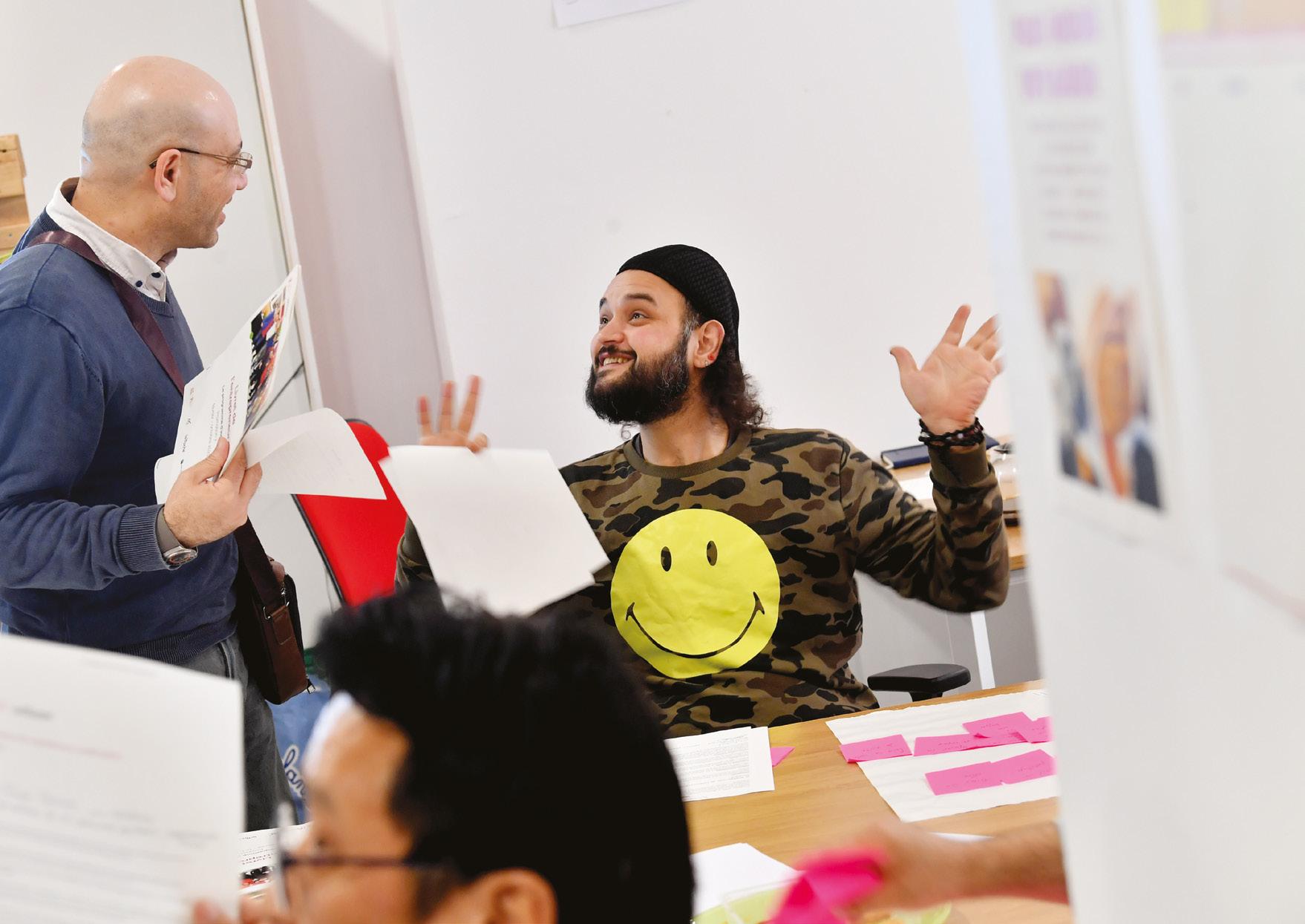
THE HUMAN SAFETY NET FOR REFUGEE START-UPS PROGRAMME
Millions of refugees have arrived in Europe in recent years. Many of them have the skills, passion and resilience required to be successful entrepreneurs. A vital aspect of integrating them into the wider society is to offer opportunities for entrepreneurship and employment. There are also far-reaching benefits for host countries. Studies estimate that refugees will contribute more than €60 billion to the European Union’s GDP in coming years7.
Even when refugees are granted official status, they face special challenges when they want to launch a new business. Many find themselves confronted with complex regulations, an unfamiliar work culture, language barriers and difficulties obtaining accreditation. Most lack the networks and access to financing necessary to make their dream a reality, as well as the confidence that they can overcome the challenges of creating a new business. This new generation of entrepreneurs needs dedicated support.
For Refugee Start-Ups works side-by-side with refugees to implement their business ideas through training, coaching, and access to workspaces and financing. Over 6-12 months, we support aspiring entrepreneurs, helping them develop concrete business plans, register their ventures and serve their first customers. They get the opportunity to learn about the business environment in their host countries and strengthen their networks by meeting new colleagues, mentors and business partners. And if entrepreneurship is not the right path for participants, the programme offers professional training and hands-on coaching for job positions their new communities need to fill.
Today, entrepreneurs supported by The Human Safety Net are setting up businesses that range from restaurants to consulting firms, from language schools to IT platforms. They are contributing to making their local economies thrive.
The Human Safety Net Activity Report 2020
Refugees have the talent and resilience to build successful businesses – but they need dedicated support. For Refugee Start-Ups helps refugees flourish as entrepreneurs.
7 McKinsey Global Institute 2016, Europe’s new refugees: a roadmap for better integration outcomes.
33
For Refugee Start-ups Programme
Anas’s Story
“I’m Anas Alhaj. My family has been working in agriculture in Syria for generations. I am 41, a husband and father of four children. I’m also an entrepreneur! My current focus is to create a German company that provides cold-pressed oils from high-quality agricultural and fruit seeds grown in the Middle East.
When I was still living in Syria, I was the managing director of my own company, Agro Syrian Oil. I was the only one in Aleppo making cold-pressed oils, from seeds and kernels, processed with German machines. During the war I lost everything. I moved to Germany with my family and wanted to restart my business. However, the German job centre did not promote my model.
Thanks to FITT gGmbh and The Human Safety Net, I was able to further develop my idea and adapt it to the German market. I dramatically improved my language skills and learned a lot about the German economic system.
At the end of 2020, I pitched my idea to a jury and received the Cosmos Direct-THSN Awardboth a recognition and the first building block to financing my company. FITT gGmbH helped
me draft a realistic business plan and initiated contact with a pharmaceutical company interested in using my Agro German Oil.
My dream of building bridges to bring highquality seeds from the Middle East to Germany and produce seed and fruit oils in line with German quality standards is now that much closer to being fulfilled!”
Anas is a refugee entrepreneur supported by FITT gGmbH in Saarland who aims to adapt the core business of his Syrian company to the German market.
https://www.thehumansafetynet.org/ newsroom/all/Building-bridges-of-highquality-seed-oils-from-the-Middle-Eastto-Germany
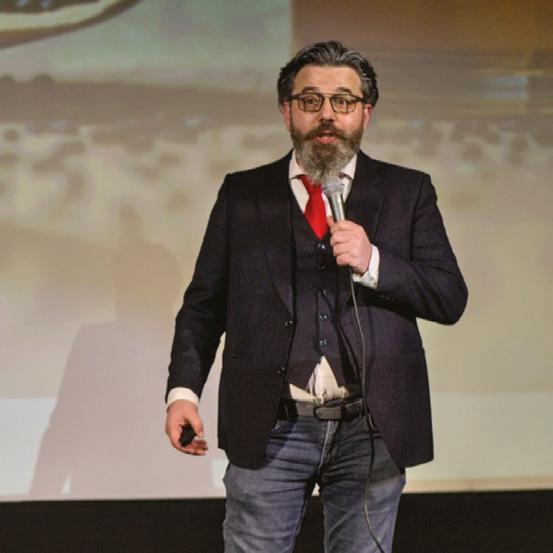
“My dream of building bridges to bring highquality seeds from the Middle East to Germany and produce seed and fruit oils in line with German quality standards is now that much closer to being fulfilled!”
For Refugee Start-ups Programme
The Human Safety Net Activity Report 2020
For Refugee Start-ups Programme
KEY ACTIVITIES
For Refugee Start-Ups helps refugees flourish as entrepreneurs and integrate into their host countries.
A recent study of the entrepreneurial ecosystem for refugees in Europe concluded that “newcomer entrepreneurs require dedicated support services to enable them to overcome their additional barriers”8.
Our 13 partner organisations offer entrepreneurs support in tailoring the principles and services of business incubation to refugee needs.
Since its launch in 2017, For Refugee Start-Ups has supported 1,147 entrepreneurs through four services that are proven to be essential to helping start businesses
1. TRAINING
Refugees develop their business ideas through group training sessions on entrepreneurship skills (market research, business models, business registration) or vocational skills (e.g. catering, IT, tailoring). Partners also conduct employability workshops for those refugees that decide to pursue paid employment rather than start a business themselves. Despite the difficult business environment introduced with Covid-19, in 2020 partners organised almost 400 workshops and training sessions on business and vocational skills.
2. COACHING
Partners run one-to-one coaching and mentoring sessions to provide individual support to help develop the business and overcome barriers.
3. CO-WORKING SPACES
Most NGO partners offer access to co-working spaces that provide new entrepreneurs with physical space as well as an inspiring community within which to learn from and support one another.
4. FINANCING
Access to seed capital remains one of the most important challenges for refugee entrepreneurs, since many arrive without personal funds or credit histories.
The Human Safety Net Activity Report 2020
8 Impact Hub 2020.
35
Facing severe lockdowns in France, Germany, Switzerland and Italy where the programme operates, NGO partners adapted their programs and offered entrepreneurs an online environment for learning and working together. They designed on-line workshops and resources and increased their offers for phone consultations and on-line mentoring in order to provide individual support in this difficult business environment Many organisations worked with alumni whose businesses were already up and running, helping them cut
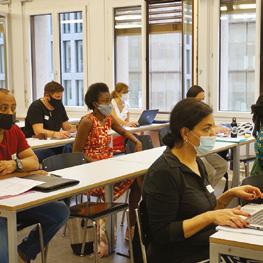
through red tape and access state subsidies and emergency aid where needed.
The Human Safety Net’s partners turned this crisis into an opportunity. The transition to digital or blended learning approaches allows them to extend their reach beyond large cities and into rural areas. Adapted programs offer entrepreneurs more flexibility to work on their business ideas while pursuing part-time work or higher education.
Ludivine Guéret Generali Global Corporate & Commercial
“I help a refugee entrepreneur improve his French. We talk and write, and I also send him some language exercises to complete. Then we correct them together over the phone once or twice a week. It is a really enriching experience. Helping others has taught me a lot.”

https://www.thehumansafetynet. org/newsroom/all/By-helping-otherswe-learn-a-lot

For Refugee Start-ups Programme The Human Safety Net Activity Report 2020
The story of Carlos and Fabian
“My name is Carlos Arbelaez, I am a social entrepreneur. I founded Populaire together with two of my colleagues. Populaire is a fairtrade coffee brand that we hand-roast here in Paris. My hope is that we can all learn some important lessons from this lockdown, and that we can all understand that our way of life has an impact on all of society.
We set three goals for our project. First, we wanted the project to benefit producers in Colombia too. Second, we wanted it to benefit refugees in France, training them as baristas so that they can find work. Third, we wanted to teach our customers that what they buy can have an impact on all of society.
I’ve been a social entrepreneur for eight years now, and I thought I knew all the tricks for starting a business or any other kind of project.
The first thing I found out when I started receiving support from the incubator was that I had to question my assumptions, because we immediately realized we are not retailers.
I’ve seen a huge number of entrepreneurs, refugees and French people adapt and reinvent themselves during this incredibly difficult situation. People have also been very keen to give me advice on how to deal with this situation; how to make the most of it.”
Originally from Colombia, Carlos and Fabian founded Populaire, a fair-trade, artisanal coffee roasting business with a social purpose, with help from La Ruche in Paris.
https://www.thehumansafetynet.org/ newsroom/all/I-thought-I-had-all-thekeys-tostart-a-business
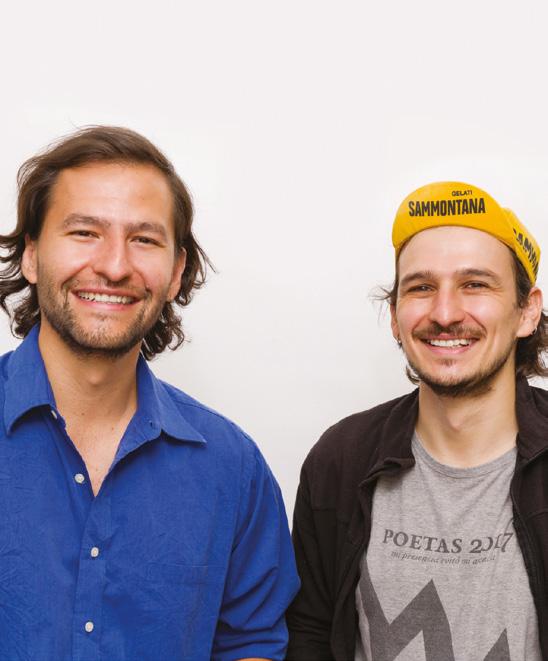
The Human Safety Net Activity Report 2020
“Once the lockdown started we lost close to 90% of our orders, because our business model was focused on professional clients. We had to think about other sources of income, so we started delivering our coffee by bike to families and people all over Paris.”
37
For Refugee Start-ups Programme
2020 HIGHLIGHTS
IMPACT ON REFUGEES
Supporting entrepreneurs in getting a business off the ground is challenging and time-intensive under any circumstances. Challenges only increase when these nascent refugee businesses are started during a health pandemic that has shuttered most businesses for a large part of 2020.
But despite these challenges, partners were able to register 109 businesses in 2020 alone, for a total of 210 since the start of the programme. 120 refugees decided to pursue other job opportunities and found employment thanks to the Refugee Start-Ups programme.
KEY SECTORS FOR REFUGEES’ ENTREPRENEURSHIP
As part of a common approach to evaluate the impact of THSN’s For Refugee programme, our partners assessed how participants were able to change and improve their awareness, skills and practice as entrepreneurs. Key impact trends:
Refugees are aware that they can start their own business.
Since the start of the program, refugees - 464 in 2020 alonehave attended sessions regularly and reported a high satisfaction rate (91% on average). 1 2 3
In France, SINGA reported that 75% of participants claimed increased interest and confidence in starting a business and a desire to pursue their projects.
Refugees have the skills, abilities and resources to start their own business
In Germany, 80% of FITT’s participants are actively applying what they learned during the programme and have improved their business skills.
Significant changes in the lives of refugees and their families as a result of starting a business
A majority of participants attending Capacity’s programme in Switzerland felt they were better integrated into their host community, especially thanks to the variety of coaches and mentors supporting them.
For Refugee Start-ups Programme The Human Safety Net Activity Report 2020
IMPACT ON NGO PARTNERS
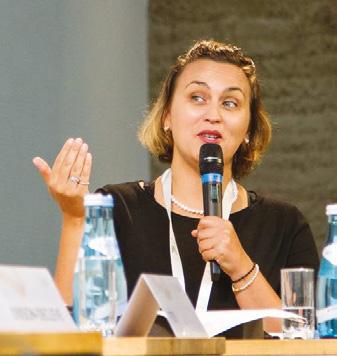
For Refugee Start-Ups partners benefit from working closely with each other and with The Human Safety Net to deepen their impact. Key 2020 milestones included:
1. Boost partners’ capabilities
Strengthening the shared Monitoring, Evaluation & Learning framework (MEL)9, which encourages more robust theories of change and boosts partners’ evidencegenerating capabilities.
2. Peer-to peer exchanges
Regular peer-to-peer exchanges on topics such as digital incubation, digital mentoring and SME subsidies during Covid-19. This ensured that partners were able to continue learning from each other even when unable to meet in person.
3. A study on Refugee Entrepreneurship
Ecosystems. A new study on “Migrant and Refugee Entrepreneurship Ecosystems in Europe”, in partnership with Impact Hub. The goal of the study was to map key actors in ten countries, identify key barriers, collect good practices and highlight opportunities to strengthen the ecosystem.
The report demonstrated the need to build a stronger support ecosystem, as well as the importance of linking entrepreneurs with growth-stage services once their businesses are up and running. To learn more: https:// www.thehumansafetynet.org/programs/forrefugee/refugee-entrepreneurs.
“Impact Hub partnered with The Human Safety Net to carry out a study on ‘Migrant and Refugee Entrepreneurial Ecosystems in Europe’. The objective was to identify both strengths and gaps across various types of interventions in ten European countries, and and bring together the broader sector to improve effectiveness, connectivity and impact. The study paves the way for a systemic approach that requires all relevant stakeholders to coordinate their work. At the same time, it aims to elevate the overall effectiveness of the ecosystem, expanding financial, non-financial and political support for this agenda”.
Gabriela Gandel
9 For all details, go to page 62.
The Human Safety Net Activity Report 2020
Director of Impact Hub
39
For Refugee Start-ups Programme
FOR REFUGEE START-UPS: OUR NETWORK OF NGO PARTNERS
The Refugee Start Ups programme started with two partners in 2017 and has grown to a network of 15 partners operating in 16 cities in four countries (France, Germany, Switzerland and Italy).
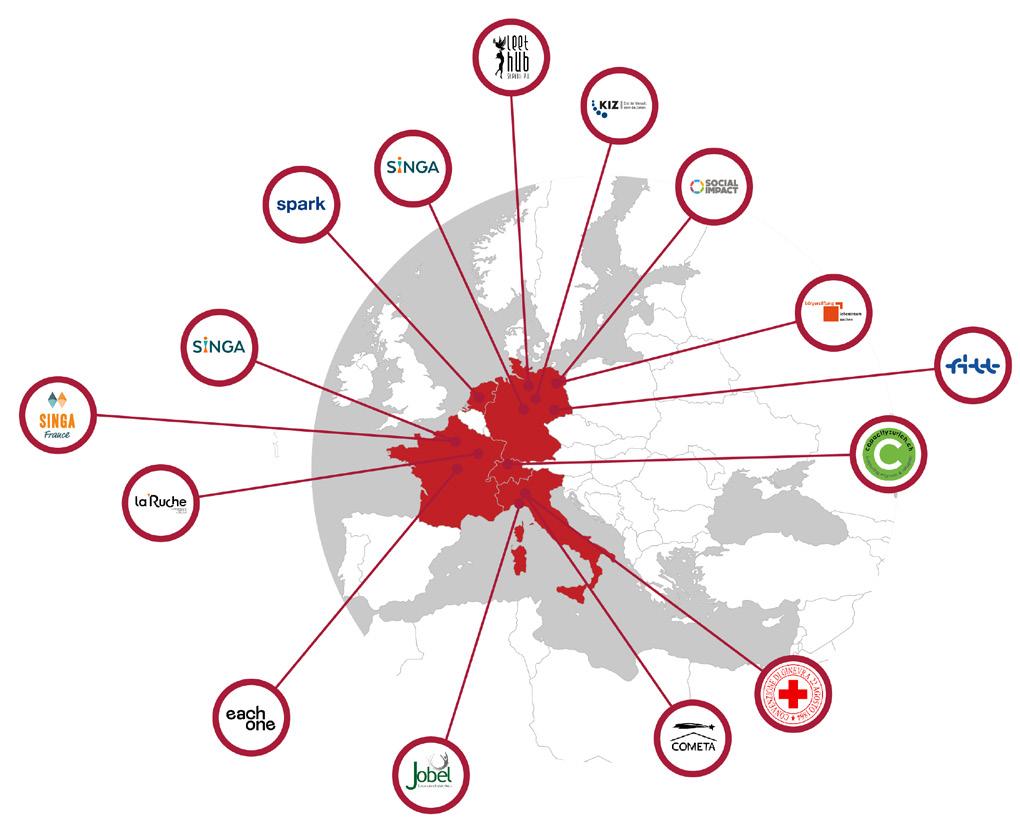
Total beneficiaries
1,147
Locations 16 Partners
15 Countries 4
For Refugee Start-ups Programme The Human Safety Net Activity Report 2020
BENEFICIARIES BY COUNTRY
Partners’ voices
“What helped us during this difficult period was the fast, responsive support The Human Safety Net provided right from the start. We had to deal with a lot of issues, but with The Human Safety Net’s help we were able to keep working and make sure that our beneficiaries got what they needed. We shifted the focus from increasing the number of beneficiaries to giving them what they need most: more time and support to develop their own businesses. This is what we were able to give them, and it definitely made a difference!”.
https://www.thehumansafetynet. org/newsroom/all/Refugeeentrepreneurs-just-keep-goingbecause-they-are-used-to-difficultsituations
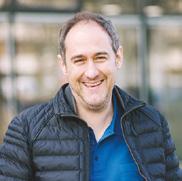
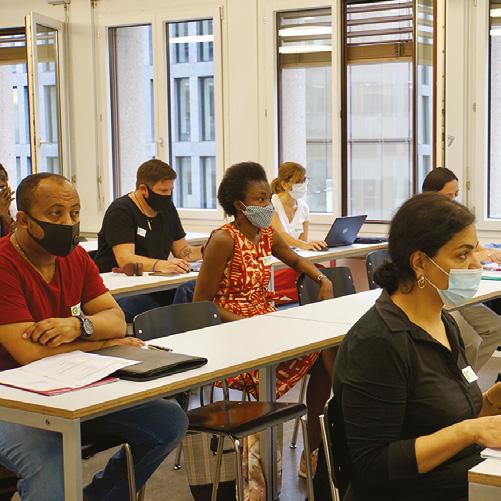
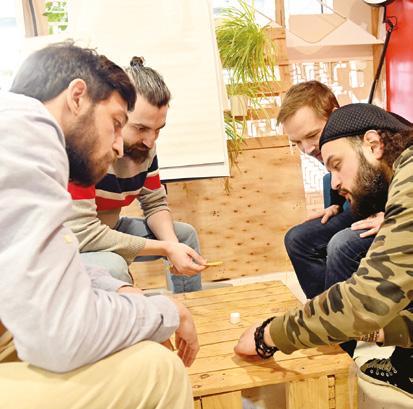
The Human Safety Net Activity Report 2020
Olaf Weberring
41 Germany 30% France 38% Italy 25% Switzerland 6%
For Refugee Start-ups Programme
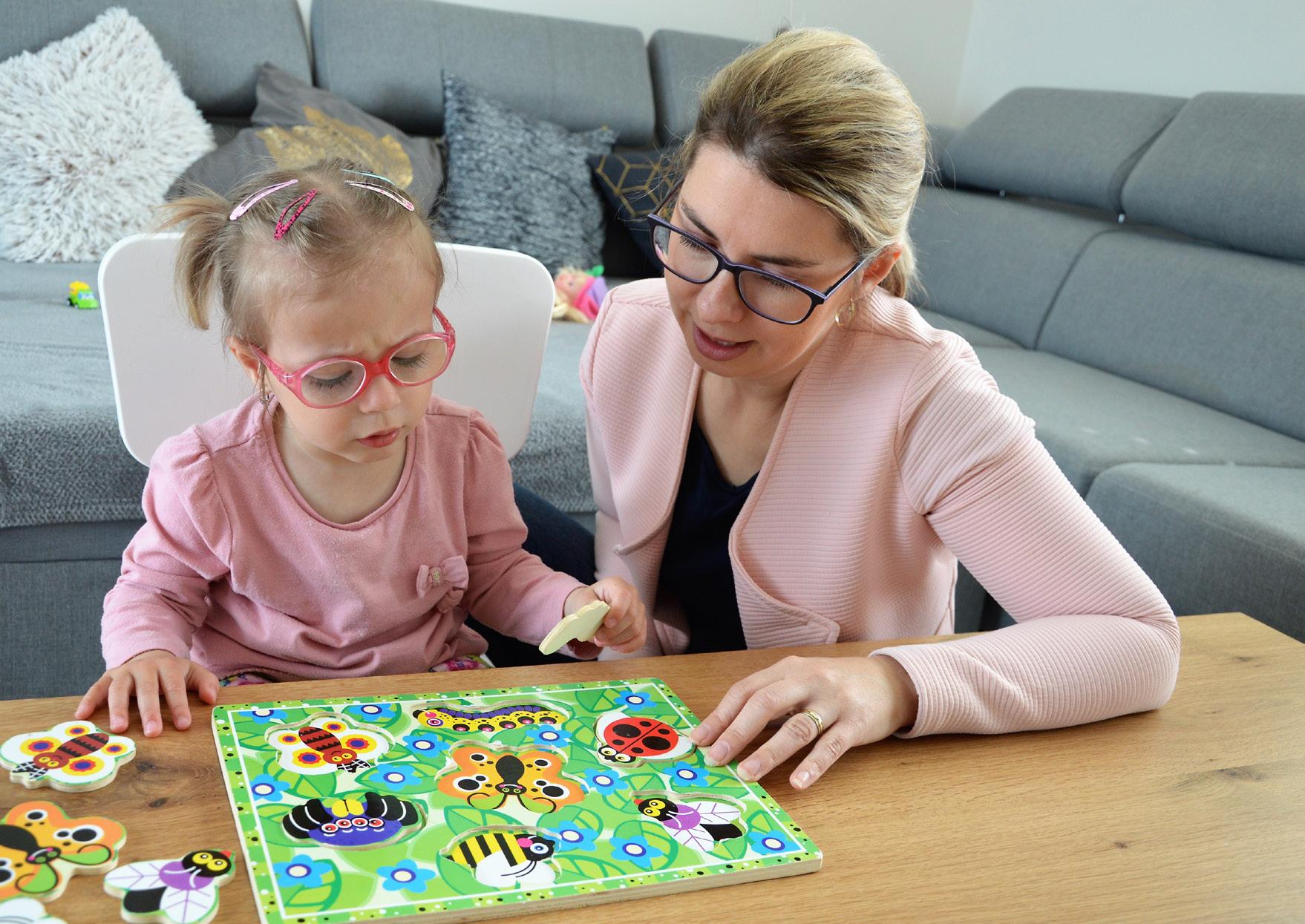
THE HUMAN SAFETY NET FOR NEWBORNS PROGRAMME
Prematurity and birth complications like asphyxia can influence a baby’s future life. The Newborns programme improves quality of care and support for these babies and their families, especially in vulnerable communities.
Around the world, as many as 30 million newborns every year risk their survival and their achievement of their full potential, because they are born premature or suffer from birth complications like asphyxia. Preterm births refer to babies born before completing 37 weeks in the womb. Birth asphyxia occurs when a baby does not receive enough ogygen during or at birth. To limit these risks and reduce the number and impact of long-lasting disabilities - such as learning disabilities and vision and hearing difficulties - newborns and their families should have access to high-quality services before, during and after the time of birth.
For Newborns collaborates with hospitals, researchers, healthcare providers and parent communities to raise awareness around prematurity and newborn asphyxia, to ensure adequate treatments and to strengthen parenting support for the most vulnerable families.
Birth asphyxia can be treated effectively with therapeutic hypothermia (cooling the baby’s body temperature), but this treatment has to start within six hours of birth. The programme looks to develop tools that allow doctors and nurses to better interpret the clinical indicators for Birth asphyxia and make a faster diagnosis, so that treatment can start in time.
Together, we work to reduce the health gap and give these newborns and their families the best possible start in life.
The Human Safety Net Activity Report 2020
43
For Newborns Programme
For Newborns Programme
KEY ACTIVITIES
In order to save lives, and to reduce the potential negative impact of prematurity and asphyxia in newborns, The Human Safety Net works alongside hospitals, supporting them in three ways to offer them the best possible care:
2. TREATMENT
1. PREVENTION
Increasing awareness of prematurity and birth asphyxia issues by providing health professionals and parents with more information and resources to improve early diagnosis and response quality.
Improving technology, equipment, protocols and health professionals’ capacity for early diagnosis and treatment of prematurity and asphyxia. At the same time, The Human Safety Net builds networks of doctors dedicated to monitoring, analysis and intervention.
3. FOLLOW-UP
Supporting families from hospital to home environment, assisting them along their journey and minimising the impact these life-changing events have on them and their child’s development.
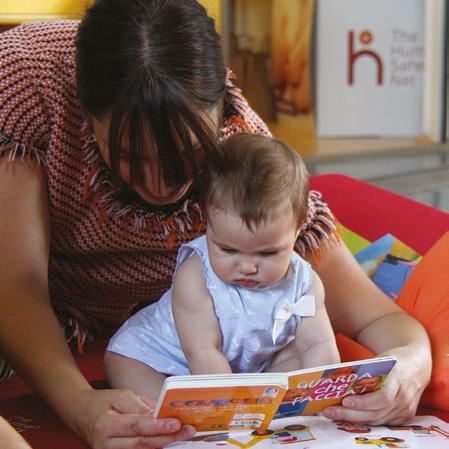
The Human Safety Net Activity Report 2020
Hungary
The PAF Foundation builds the capacity of healthcare professionals in preventing adverse neonatal outcomes and caring for newborns, and donates medical equipment to treat prematurity and birth asphyxia. In 2020, PAF engaged more than 100 professionals in workshops and exchanges in three NCUs (neonatal intensive care units) at the Semmelweis University in Budapest. The equipment provided by The Human Safety Net’s and PAF’s joint efforts helped to improve care for more than 1,450 preterm children and 2,900 parents.
France
The Human Safety Net is partnering with Inserm and the Institut du Cerveau et de la Moelle (ICM), two leading French institutes for public health research. Through these partnerships, we support research and medical advancements in the field of birth asphyxia. Inserm assesses the long-term consequences of asphyxia on babies and their parents in order
For Newborns Programme
to offer better support to affected families. It also examines current clinical practices for treating asphyxia in France, identifying gaps in providing quality services. From 2020 onward ICM, which specialises in neuroscientific research, has collaborated with engineers and data scientists at IBM to research and develop a specific helmet that can capture vital signals in order to understand the impact asphyxia has on a baby’s brain. These signals will be interpreted by an innovative algorithm that will allow healthcare professionals to make decisions more quickly during the crucial first six hours, when asphyxia can be treated.
Czech Republic
For Newborns supports premature babies and their families across three phases (before, during and after birth), in cooperation with two partners. We have worked jointly with our partner Vita et Futura since 2018, providing the Maternity Hospital Apolináře in Prague with innovative equipment to respond to high-risk pregnancies and preterm births. Our second partner, Nadace Leontinka, conducts follow-ups for asphyxia and prematurity
cases, providing affected babies with the right care. Nadace Leontinka works with parents, empowering them to use simple interactions and techniques to support their babies’ learning and development, overcoming difficulties like visual impairments caused by prematurity and asphyxia. In 2020, they engaged more than 100 parents through more than 40 home visits and 100 individual counselling sessions.
Poland
Together with the University of Poznan, the largest research and clinical centre in Poland, we are carrying out a project to implement the systemic use of therapeutic hypothermia in Poland. Three ambulances have been equipped to provide therapeutic hypothermia in order to transport newborns with asphyxia safely to specialized hospitals, cooling the babies’ body during the trip. These ambulances are now available in three cities in Poland, expanding their care services to support families in rural areas as well. The goal is to set up and equip such ambulances across the country.
The Human Safety Net Activity Report 2020
45
The Human Safety Net Activity Report 2020
For Newborns Programme
FOR NEWBORNS: OUR NETWORK OF NGO PARTNERS
The For Newborns programme operates in four countries (Hungary, Czech Republic, Poland and France), working with six different partners.
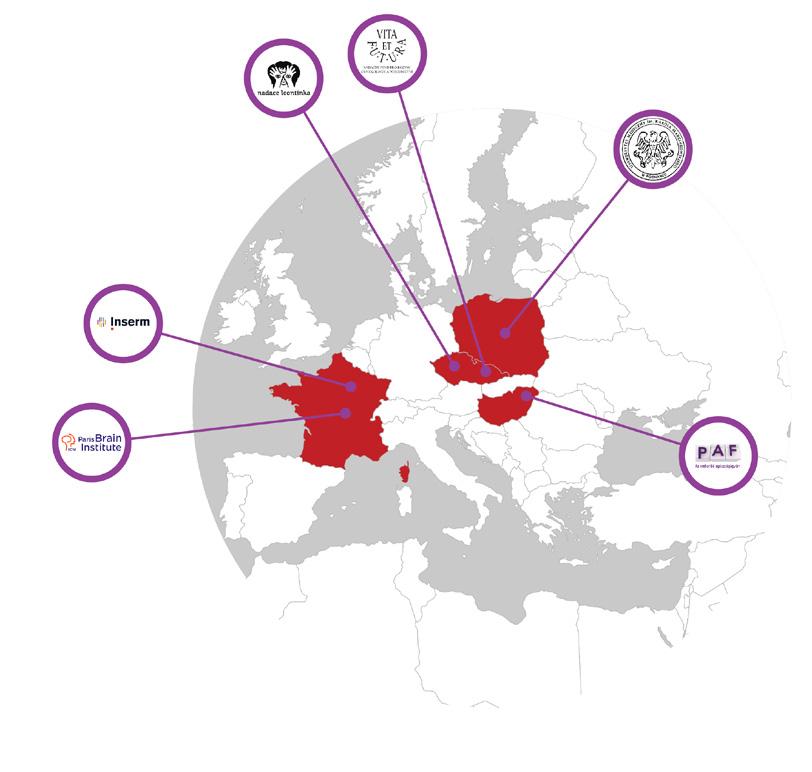
198
4,813
Total beneficiaries
5,011 Partners
6
Health care professionals
Parents and newborns directly and indirectly benefiting from the programme
Countries 4
Mirka’s Story
“My name is Mirka and my twin children Adámek and Barunka were born at 26 weeks. When I finally came home from the hospital, I was advised to contact Early Intervention. I was hesitant at first because I thought that these services were only provided for children with severe disabilities. But we’re very happy we were able to use the services, because they’ve made the children calmer and more cooperative. An Early Intervention specialist started to come regularly to our house, teaching me how to gently stimulate my children and help them achieve basic developmental milestones like turning around, pushing up with their arms while lying on their bellies, or training their vision with special developmental toys lent by the Nadace Leontinka. The meetings are helpful. The children are happy and I always get lot of new information and insights. Thanks to this programme, we were able to diagnose vision problems for both children. Barunka got her first glasses when she was one, and I am sure that without Early Intervention’s help it would have taken a lot longer to diagnose these difficulties. In the beginning Adámek didn’t display any signs of vision impairment. Ultimately with Early Intervention’s help we discovered he needs glasses and has eight dioptres in each eye.
Our specialist helped us understand and follow the doctor’s instructions and take advantage of other services. I am really thankful. The meetings are helpful, the children are happy and I always get a lot of new information and insights.”
Mirka lives in České Budějovice (Czech Republic). When her twins were born after just 26 weeks, Nadace’s Leontinka programme supported the family, helping the children grow, develop and thrive.

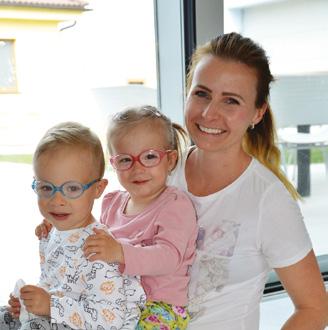
“With the help of volunteers I provided a surprise for the nurses working in the three neonatal intensive care units involved in the For Newborns programme, bringing them special treats on March eighth, International Women’s Day. The nurses received professional back massages, cookies baked by volunteer colleagues and handmade greeting cards with motivational messages. The positive feedback, smiles and gratitude more than paid back all the efforts we made to organise the day. I’m personally committed to providing these kinds of relaxing moments for healthcare workers. It was a fantastic experience to see my dream come to life, and I felt even more happy afterwards that I was able to make it happen just before lockdowns started.”
Eszter Balazs is a Generali agent in Hungary and one of The Human Safety Net’s 2021 Ambassadors.
The Human Safety Net Activity Report 2020
“The meetings are helpful, the children are happy and I always get a lot of new information and insights”.
Eszter Balazs
47
For Newborns Programme
SCALING UP OUR IMPACT

Scale Up Impact works with pioneering NGOs and the public, private and social sectors to replicate successful models and transform people’s lives on a national scale, investing €7M in 2020-2022.
The Human Safety Net will expand family centres and programs in 34 cities in Argentina, Serbia and Italy for parents with children ages 0-6, as well as open five incubators for refugee entrepreneurs in France and Germany.

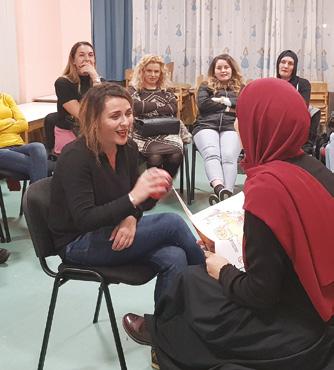
By activating the open net principle, Scale Up Impact involves 12 other organisations, associations and companies that have decided to join forces and contribute to the initiative.
In 2020 The Human Safety Net launched “Scale Up Impact”, an innovative multi-year strategy for amplifying its social impact for the most vulnerable families and aspiring entrepreneurs. Many NGO partners have developed models that can be replicated beyond a single organisation, some of which would be highly effective even on a national scale. Aspiring social entrepreneurs
within the global network hoped to take this next step, but lacked the necessary resources. Scale Up Impact identifies high-potential programs with a proven impact within its NGO network, funding them and helping them grow their ability to support families and refugees nationwide.
The Human Safety Net is investing €7M in this initiative over three years, and its “open net” vision has allowed 12 additional companies, foundations and agencies to join as co-investors. The first four investments of “Scale Up Impact”, totalling €2.5 M, allow expansion of family centres and parenting programmes in Argentina (with Haciendo Camino), in Serbia (with Novak Djokovic Foundation) and in Italy (with Centro per la Salute del Bambino) to 34 locations. A portion of these investments will also help SINGA launch five new incubators for refugee entrepreneurs in France and Germany.
The Human Safety Net is working with Ashoka, the world’s leading network of social entrepreneurs, to select these NGOs and support them with expert advice and mentoring over a three-year period. Generali employees will share business expertise and know-how with NGO partners in order to promote a vibrant exchange of best practices and experience.
The Human Safety Net Activity Report 2020
SINGA aims to create a new global entity and replicate its flagship ‘Singa for Business’ programme for migrant-led innovation, opening chapters in five cities in France and Germany: Lyon, Nantes, Lille, Strasbourg and Berlin.

Novak Djokovic Foundation is collaborating with local and national preschool institutions to expand its “Support, not Perfection” programme to 15 locations in Serbia and create dedicated parents’ centres.
Haciendo Camino plans to consolidate its integrated programme for helping families and supporting children’s early learning, partnering with global players and replicating the programme in 13 communities across Argentina.
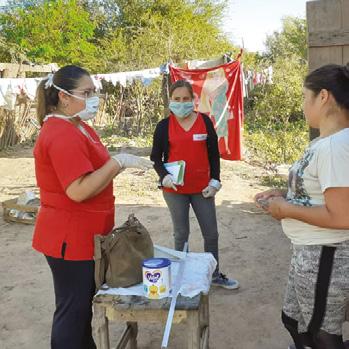
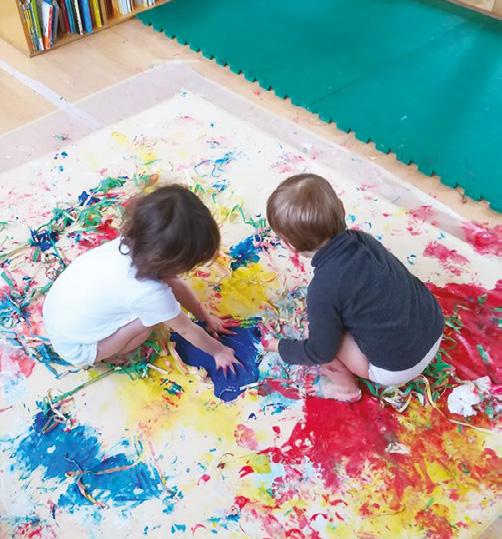
Centro per la Salute del Bambino (CSB) will expand the successful “A Village to grow” model in six new towns in Italy, collaborating with a wide range of stakeholders, including municipalities, and other non-profit organisations.

The Human Safety Net Activity Report 2020
49

HOW WE WORK
Through The Human Safety Net, we aspire to mobilise Generali’s resources by consistently engaging our 72,000 employees, 150,000 agents and more than 65 million customers. At the same time, we are gradually leveraging additional Generali’s assets and capabilities towards the same goal.
We focus on measuring the impact of our programmes. We have invested significant resources over the last two years to develop a common reporting framework for all partner organisations, allowing everyone involved to monitor progress, get a sense of our shared impact, and learn together so that we can continuously improve programmes.
The private sector has a lot to contribute, but we believe it should work alongside the public sector and leading NGOs and social enterprises. That’s why we place a lot of emphasis on building and strengthening an open, global partner network.
Last but not least, Generali is providing The Human Safety Net a home in the heart of Venice, in the Procuratie Vecchie in St. Mark´s
Square. It is scheduled to open in late 2021 and will provide a space for network partners to meet and collaborate, as well as an exhibition
FROM OUR THEORY OF CHANGE, PAGE 12-13
Volunteering
• People and volunteers contributing skills.
• Harnessing Generali’s capabilities and products as an insurer and asset manager.
• Fundraising.
• Raising our voice and values.
Open, global network of partners
• An open, welcoming platform for NGOs, partners and experts.
• Connected globally while anchored locally.
• Bridging private and social sectors.
area open to the general public where visitors can experience the power of unlocking human potential.
Impact, learning & improving
• Fostering learning about best practices and innovation.
• Utilising a shared framework for measuring collective impact.
• Co-designing the future.
In the new home in Venice
• A global centre to draw the network together for greater collaboration and impact.
• Inspiring new visitors every day.
We seek strategic alignment with Generali’s business and sustainability ambitions:
• Engaging people.
• A competence centre for social innovation and impact.
• Creating shared value.
The Human Safety Net Activity Report 2020
51
MOBILISING PEOPLE AND ASSETS
We are increasingly leveraging the full range of Generali’s assets and capabilities: a powerful brand and network, a physical footprint around the world, and Generali’s core business.
PEOPLE
72K+ EMPLOYEES
150K+ AGENTS
SPACES
Harnessing the time and skills of our employees and agents to raise funds, engage beneficiaries and offer one-on-one support
NETWORKS
Mobilising our networks for advocacy with public institutions and private companies
PRODUCTS
Opening our physical footprint of offices, agencies and real estate around the world to our partners and programmes, starting with the Procuratie Vecchie in Venice
Connecting insurance and investment offerings to The Human Safety Net
The Human Safety Net Activity Report 2020
65M+ CUSTOMERS
VOICE
Using the Generali brand’s global reach to raise awareness of our causes among the general public and our beneficiaries
“We want to leverage on The Human Safety Net to connect the two pillars of Generali’s Sustainability Commitment: running a sustainable business and living the community.
At the same time, it is also a bridge between the expert work of our partner NGOs and what we as a company can usefully contribute towards having a greater impact and creating shared value. The next key step to accelerating our broader ESG (Environmental, Social and Governance) strategy lies in supporting social innovations and targeting vulnerable communities through our core business. This is even more important now, as the world recovers from a pandemic that has strained social inclusion and cohesion to a breaking point.”
Lucia Silva
Board Member of The Human Safety Net Foundation and Generali Group Head of Sustainability and Social Responsibility
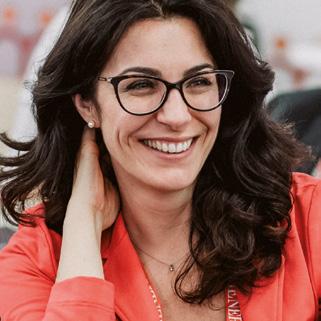
The Human Safety Net Activity Report 2020
53
VOLUNTEERING, A KEY ELEMENT TO AMPLIFY OUR IMPACT
Volunteering is a vital, hands-on part of our commitment to our partners and beneficiaries. Generali can boast over 200,000 employees and agents, offering a huge asset and opportunity for engagement and greater impact. We design volunteering activities with three principles in mind:
• Quantity: Engaging as many of our people as possible. The more people commit, the more people we can help.
• Quality: Considering only meaningful volunteering activities that add value to the programme. We want to support our partners, not to be a burden for them.
• Sustainability: Co-designing all volunteering activities with our partners so that they can be integrated into their programmes in the longer term as well. Volunteering activities are not only one-off events. As confirmation of this long-term engagement, volunteering has been integrated into Generali’s HR strategy.
In The Human Safety Net, we distinguish between three types of volunteering activities:
SKILLED VOLUNTEERING
Skilled volunteering: Leveraging Generali’s business know-how (e.g. financial, communications and IT skills) to offer training and coaching to NGOs or the families and refugees reached by the programme.
NON-SKILLED VOLUNTEERING
Non-skilled volunteering: Committing our employees’ time to running activities for families and refugees who are part of the programmes supported by The Human Safety Net, from leisure activities (e.g. play and sports) to educational activities (e.g. language learning and reading).
OTHER TYPES OF VOLUNTEERING
Other types of volunteering: Supporting long-term engagement with our partners and amplifying our reach through fundraising and awareness-raising activities that are designed and run by volunteers.
The
Activity Report 2020
Human Safety Net
A NEW COMMUNITY OF 500 AMBASSADORS TO AMPLIFY THE ENGAGEMENT
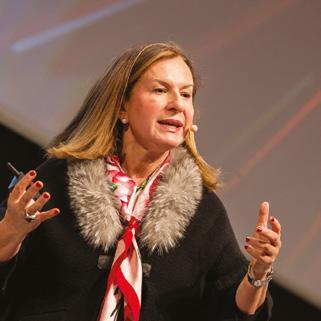
At the end of 2020 we completed a global recruitment campaign inviting employees and agents to become THSN Ambassadors, dedicating their skills, passions and ideas to The Human Safety Net in their home country.
In 2021, 500 THSN Ambassadors will be volunteering time in the field, supporting the movement as journalists and fundraisers, or mobilising employees and agents for our causes.
Discover who they are and what inspires them: https://www. thehumansafetynet.org/about/ volunteering/ambassador-teams
“Volunteering is becoming an integral part our values and culture. Today, supporting The Human Safety Net’s programmes is one of our key commitments.
What’s important to us is not the quantity of volunteers we can mobilise, but the opportunity we have to design actions that make a real contribution to the programmes and amplify their reach. We’re aiming high. We want each and every one of our employees to join our volunteering activities. They are the concrete expression of The Human Safety Net. We count on the engagement spirit of the 500 THSN Ambassadors for 2021 and we have also included a specific volunteering module in the training journey for our talents. We are continuing to adapt and reinforce our HR strategy and Diversity & Inclusion culture to promote volunteering in every country where we operate.”
The Human Safety Net Activity Report 2020
Board Member of The Human Safety Net Foundation and Generali Group Chief HR and Organisation Officer 55
Monica Possa
In 2020, Generali employees spent over 9,063 hours volunteering for The Human Safety Net, engaging mostly digitally due to Covid-19 restrictions.
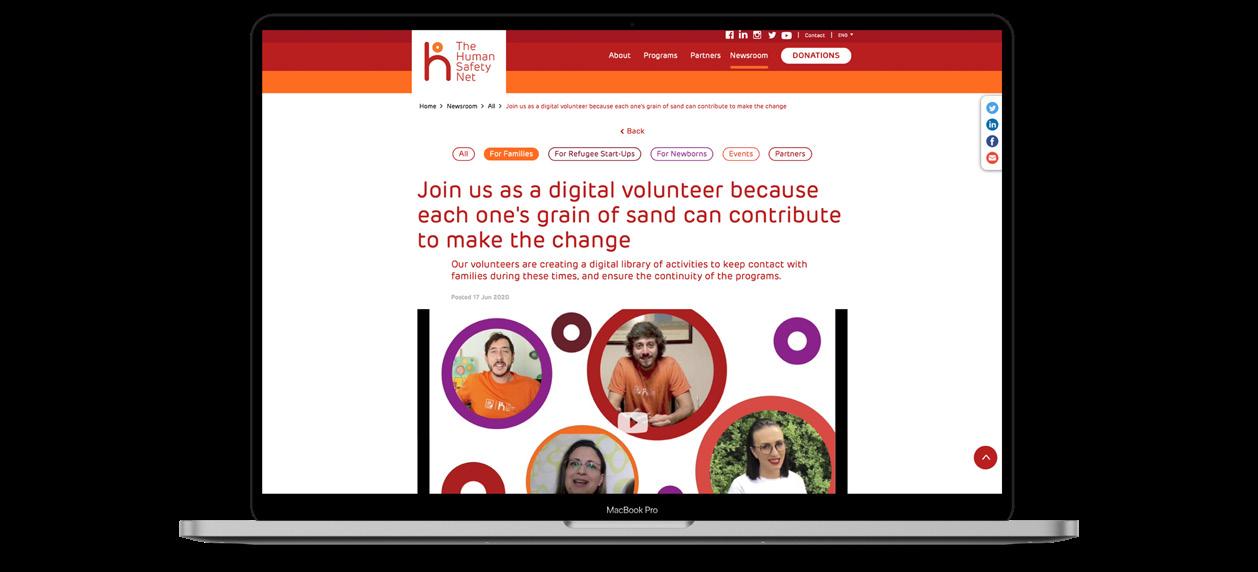
The Human Safety Net Activity Report 2020
DIGITAL VOLUNTEERS IN ACTION:
When the Covid-19 outbreak struck and face-to-face activities had to be put on hold, volunteers from many other countries supported their The Human Safety Net partners at a distance by becoming digital volunteers. To support families and children, they filmed themselves performing the kinds of simple and engaging activities that parents can practice at home with their children, such as singing, reading, dancing or playing football. NGOs
shared these videos with families to continue keeping contacts active and programs ongoing. Today these videos are being gathered into a global library of meaningful activities for families and children available to all partners of The Human Safety Net.
Our volunteers also continued to support refugees online through regular mentoring, language lessons and focused work on entrepreneurs’ presentation skills, business plans, or legal questions.
The programmes are supported by a global volunteering platform that allows partners to share their needs, locate matching volunteers and get involved.
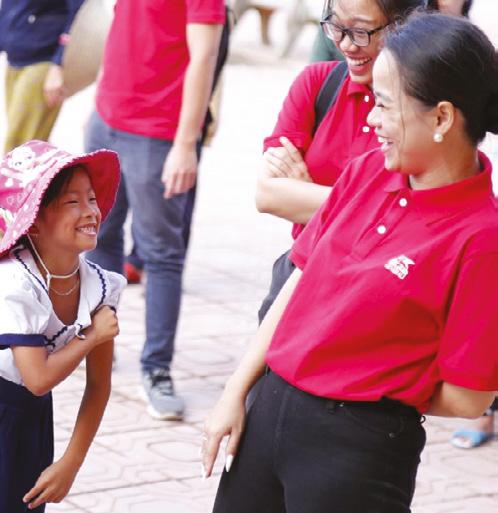
INVESTING FOR IMPACT
INDIRECT IMPACT
MOBILISING INVESTMENT CAPITAL FOR A LARGER SOCIAL IMPACT
A vital part of Generali’s core business is operating as an asset manager with more than €560B in assets under management as of 2020. From The Human Safety Net’s perspective, this is a great opportunity to mobilise additional resources for social impact, especially through impact investing.
Impact investing is a pioneering investment approach (and a €590B market) for investing in social enterprises such as social housing companies or companies employing refugees. It is capable of delivering financial returns alongside a measurable social or environmental impact10.
For The Human Safety Net, impact investing presents a way of mobilising investment capital above and beyond its philanthropic resources. Complementary to our grant-making efforts,
it is a strategy for unlocking human potential at a far greater scale. For Generali, impact investing presents an innovative contribution to the company’s wider sustainability ambition and an opportunity to create shared value: doing well by doing good.
In collaboration with The Human Safety Net, Generali has developed two impact investing pilots for a total value of €34M.
These impact investing activities allow us to dramatically expand our impact on vulnerable families and refugees beyond the programs we fund. Our pilots in this field contribute to social inclusion more broadly, making investments in areas such as social housing, adequate nutrition, microfinance and stable employment, all of which help create an enabling environment for the disadvantaged people served by our programs and NGO partners.
Social housing
Through Generali impact investing €34 mln
DIRECT IMPACT
Through THSN grant making €7.5 mln
For Families
For Refugees
Adequate nutrition
Microfinance stable employment
The Human Safety Net Activity Report 2020
10 Global Impact Investing Network 2019, Annual Impact Investor Survey.
57
TWO INITIATIVES FOR IMPACT INVESTING WORTH €34M
GLOBAL IMPACT INVESTING PILOT


Generali Asset & Wealth Management has launched a global impact investing pilot. A total of €22 million has been invested in two funds by Generali in France, Germany and Italy. Following an extensive selection process and due diligence, the following two funds were selected:
Raise Impact

invests in social enterprises in a range of areas – including environmental transition and the circular economy – but with a strong focus on social inclusion and firms employing vulnerable people.
Impact Growth IV
focuses on scaling up businesses in deprived urban areas and social enterprises serving disadvantaged groups, such as migrants and refugees, who struggle to gain employment.
GENERALI INVESTISSEMENT À IMPACT (GENERALI IMPACT INVESTING)
Generali France has launched Generali’s firstever impact fund, Generali Investissement à Impact (Generali Impact Investing) in partnership with INCO Ventures, one of the leading fund managers in this sector. The €12M fund invests in companies that contribute to the integration of refugees and, more broadly, improve the lives of the most vulnerable families and children, particularly through access to education, health, food and housing.
Generali Investissement à Impact is part of a larger fund – Generali Ambition Solidaire – which is available to the majority of Generali’s life insurance customers in France. In this sense, the fund presents an important opportunity to work together with Generali’s customers for the common good.
The Human Safety Net Activity Report 2020
OUR VENTURE PHILANTHROPY APPROACH
A MIXED FUNDING MODEL
At The Human Safety Net, we have been inspired by the idea of venture philanthropy. This concept dovetails with our philosophy of creating deep partnerships that are based on co-creation and extend beyond grant-making by mobilising the resources and capabilities that a company like Generali can offer.
Venture philanthropy is defined as a highengagement and long-term approach to supporting NGOs and social enterprises to maximise their social impact. According to the EVPA (European Venture Philanthropy Association), this approach consists of three core practices11:
1) Long-term financial support, tailored to the organisation’s needs.
2) Extensive non-financial support, for example through training opportunities and pro bono services.
3) Impact measurement & management, to understand what works and keep improving programs.
The Human Safety Net operates through a mixed funding model: total investments include funding from The Human Safety Net foundation and from Generali business units in countries where programmes are running.
We started operations toward the end of 2017. In 2018, The Human Safety Net’s investment stood €3.6M. In 2019, it grew to €6.3M and in 2020 it reached €7.5M, of which €3.9M from The Human Safety Net Foundation and €3.6M from Generali business units. We expect to continue to grow in 2021.
The Human Safety Net adheres to the Business4Societal Impact (formerly London Benchmarking Group) framework, an internationally recognized shared standard for measuring community investment. Based on this framework, investment in The Human Safety Net includes grants, in-kind services and time donations (e.g. volunteering).
[A] Calculated as the nominal value of bank transfers made through current accounts, converted on the basis of the Generali Group’s exchange rates.
[B] Determined on the basis of the valuation, also through estimates, of the transactions that generated the donations in kind.
[C] Determined on the basis of the valuation, also through estimates, of the hours of the personnel of the Generali business units dedicated to the initiatives.
€1.1M €2.5M
from employees and agents fundraising as a contribution for the Covid-19 emergency
from co-funding by other partners
The Human Safety Net Activity Report 2020
11 EVPA 2018, Venture Philanthropy and Social Investment – A Practical Guide.
TOTAL INVESTMENTS TABLE Foundation €3.9M Countries €3.6M €7.5 MILLION January 1st – December 31st, 2020 Euro M Notes Fondazione Generali – The Human Safety Net ONLUS 3.9 [A] Generali business units of which: Grants/donations In-kind donations Time donations 3.6 3.0 0.4 0.2 [A] [B] [C] TOTAL 7.5
59
The Human Safety Net foundation is a registered charity. We spend 100% of our grant budget, as well as any donations received, on our programmes. Overhead expenses of any kind (general and administrative costs, personnel, etc.) are covered by Generali.
Total financial contributions to programmes stand at €17.4M (since 2017). The majority of these financial contributions come from the Generali Foundation and Generali Group business units in individual countries. In 2020, an additional €1.1M was also raised by employees and agents as a contribution for the Covid-19 emergency.
Other corporate and philantropic partners have also contributed for a total of €2.5M in cash and non financial support. Also contributed cash and non-financial contributions to The Human Safety Net’s networks.
The Human Safety Net Activity Report 2020
VENTURE PHILANTROPHY
Since 2018, a total invested budget of €17.4M
• €8.5M from Foundation
• €8.9M from Generali business units
€€ 1.000.000,00 € 2.000.000,00 € 3.000.000,00 € 4.000.000,00 € 5.000.000,00 € 6.000.000,00 € 7.000.000,00 € 8.000.000,00 20 18 20 19 20 20
€8M €7M €6M €5M €4M €3M €2M €1M €
For Families 67% For Refugee Start-Ups 26% For Newborns 7%
As part of one of the world’s largest companies, we believe we can contribute more than money: our voice and networks; talented people from all walks of life; a wide and diverse range of products; and a physical footprint of offices, agencies and real estate around the globe.
We draw on many of these capabilities in our non-financial contributions:
• an open platform fostering year-round learning about best practices and innovation;
• a robust methodology for each programme, co-designed together with international experts and our partner NGOs;
• a shared framework for measuring our collective impact, with a tool that helps partners track the progress and long-term outcomes of their work;
• a global volunteering platform that supports our partners, helping them strengthen their organisations and propose meaningful activities for families and refugees;
• advocacy at the national and international levels to mobilise support and awareness of the social challenges addressed by The Human Safety Net programmes;
• NetWorks: an annual summit open to all our partners for peer-to-peer exchange and knowledge sharing.
“When we launched The Human Safety Net in 2017, our aim was not just to define new, shared focus areas for Generali companies around the world, but we also wanted to change our way of doing philanthropy. By focusing on three programmes with a higher impact and more easily implemented by Generali companies. In the last three years, we have moved away from a charity mindset, adopting a strategic approach that is closer to the way we do business: making long-term investments based on robust evidence. And, during the pandemic we have realised that for the NGOs and social enterprises we’ve decided to support, contributing skills and know-how is as important as making financial contributions to ensure continuity of programmes despite social distancing.”
Board Member of The Human Safety Net Foundation
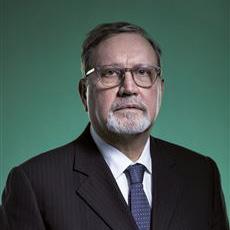
The Human Safety Net Activity Report 2020
61
Aldo Minucci
IMPACT MEASUREMENT AND LEARNING
We believe that measuring and sharing results is fundamental both for The Human Safety Net as a whole and for our partners individually. It is the basis for an informed exchange between us and our partners and creates a fascinating and ongoing learning journey. Over the last two years, we have invested in developing a Monitoring, Evaluation and Learning (MEL) system to create a shared framework and language for measuring results and understanding our impact. We based our measurement system on a shared framework that enables each partner to report their activities and key project indicators, such as businesses established in our incubation programmes (For Refugee Start-Ups) or the retention rates of mothers and fathers in our parenting courses (For Families) and the health professionals engaged in evidence-based trainings for neonatal care (For Newborns).
In 2020, data were gathered from 43 partners across the three programmes, and 29 organisations reported some forms of impact partner organisations are having on families, children and refugees as well as the larger ecosystem, depending on their interest and programmes goals. While we aim to collect
consistent data about beneficiaries and activities in our programmes, we respect local differences and we allow the evaluation of the impact by adapting the measurement to each partner’s capabilities, focus, geography, approach and target group. This is why we co-designed the framework together with our partners: each partner chooses and measures those objectives most relevant to their own work. This is the first time some of our partners
have employed this kind of structured approach to measuring the outcomes of their programs, marking a real milestone in their organisational development. Others use the system to gain a deeper understanding of what works and why, and constantly adapt and improve their activities. Based on what we have learned during the first years, the framework is being revised to ensure higher data quality and more aligned indicators in the future.
A GROWING IMPACT 0 20000 40000 60000 80000 100000 2018 Q1 Q2 Q3 Q4 2019 Q1 Q2 Q3 Q4 2020 Q1 Q2 Q3 Q4 Tot. beneficiaries Parents Children 0-6 0 500 1000 1500 2018 Q1 - Q3 Q4 2019 Q1 Q2 Q3 Q4 2020 Q1 Q2 Q3 Q4 Tot. beneficiaries Employment Entrepreneurs 1,147 beneficiaries in 4 countries 80,515 beneficiaries in 20 countries For Refugees Start-ups 2018-2020 For Families 2018-2020 100,000 1,500 1,000 500 0 80,000 60,000 40,000 20,000 0
The Human Safety Net Activity Report 2020
PARTNERSHIPS AMPLIFYING IMPACT
The Human Safety Net is a community acting together to amplify each partner organisation’s impact. While the opportunities for face-toface meetings were largely reduced in 2020, we continued to bring together the expertise and experience of dozens of NGOs, social enterprises and experts from around the world. The Human Safety Net has also started building a wider network of partners, forging collaborations with like-minded institutions, companies and foundations. We see these partnerships as a great opportunity for co-creating impactful solutions, learning from each other and pooling resources.
With Scale Up Impact (pages 48-49), 12 organisations joined forces to deliver greater impact and work towards achieving impact on a national scale in France, Germany, Argentina, Serbia and Italy. We also launched important collaborations with other global companies in 2020, mentioned below, which we consider a base point from which we will continue building a network of global players.
Just as Generali is mobilising its skills and business know-how for The Human Safety Net
through volunteering, we have also sought out three partnerships with other companies willing to contribute their deep technical expertise to our network of NGOs and social enterprises.
Fondazione Italiana Accenture
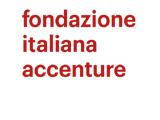
The Italian foundation of global consulting and technology firm Accenture has offered pro bono consulting for Mission Bambini to assist with the further development of Bambini Patapum, a platform dedicated to parents and children to help them play, learn and spend quality time together during the lockdown. Fondazione Italiana Accenture provided the time and know-how of Accenture consultants in order to further develop the portal and strengthen its structure, with the aim of reaching an everincreasing number of parents and children, as well as to make the digital solution available to other parties and improve platform accessibility. (The platform already works with more than 30 local organisations).
Dell Technologies

In 2020, three of our NGO partners – Fundacion Tomillo, Big Brothers Big Sisters Austria, and Mission Bambini – took part in a Tech Pro Bono Consulting Workshop delivered by Dell Technologies. Dell Technologies experts were paired with the NGOs to advise them on the digital solutions they are developing with a Covid-19 Response Grant from The Human Safety Net. The workshops helped address concrete pain points faced by our partners and helped them identify the appropriate technological tools and platforms for taking their programmes online.
Hogan Lovells
Hogan Lovells’ legal experts are offering pro-bono consulting to various NGOs in our network in different areas of legal assistance: from contract drafting to governance, also activating its international networks.
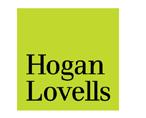
The Human Safety Net Activity Report 2020
63
Cisco

Cisco has partnered with The Human Safety Net to launch a hub for digital skills education both for refugee entrepreneurs and refugees seeking employment in Germany, reinforcing our incubator for refugee entrepreneurs active in Munich since 2018. The hub is developed in collaboration with ReDi School and also involves other stakeholders such as Steelcase and the City of Munich. Cisco, through the Cisco Academy, is providing refugees with the digital know-how of their training experts ranging from basic digital literacy and life skills to advanced technical skills in programming and analytics.
CONTRIBUTIONS TO ADVANCE THE SECTOR
At The Human Safety Net, we want to do our part to promote shared learning and contribute to the development of those sectors in which we operate, for example in international networks and through collaboration with other practitioners and institutions. We do this through the creation of “public goods” (research and tools that can add value to the whole sector), as well as through cross-sector partnerships.
• Mapping refugee & migrant entrepreneurship ecosystems in Europe
A report was developed in partnership with Impact Hub, a leading global network of entrepreneurial communities and collaborative spaces, active in more than 100 cities across 55 countries. The study mapped key actors supporting newcomer entrepreneurs in ten European countries, collected best practices and identified opportunities to strengthen the programmes and ecosystem for new entrepreneurs. It concluded with concrete recommendations for building a more coherent pathway of support for the entrepreneurs and highlighted the need to offer more support
to their businesses after they launch to boost their resilience and growth potential.
• A pledge to help refugees create 500 businesses across Europe
We joined the Tent Partnership in 2017. We are working across the public, private and social sectors to support programmes in France, Germany, Italy and Switzerland. An important example of this multi-sectoral approach can be found in France, where we connect the incubation programmes we fund with municipalities, major corporations (e.g. BNP Paribas), other foundations (e.g. SNCF Foundation) as well as coalitions of SMEs and entrepreneurs like the MEDEF (National Confederation of French Employers).
• Strengthening the scaling models of NGO partners
As part of Scale Up Impact, The Human Safety Net has entered a partnership with Ashoka, the world’s largest network of social entrepreneurs, to use its global know-how and expertise on scaling social solutions to provide in-depth capacity development for the four organisations receiving grants to
The Human Safety Net Activity Report 2020
Professor of Child and Family Social Work, Oxford University
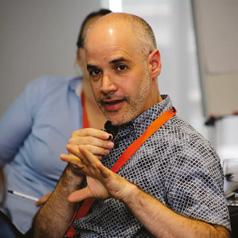

scale up their programs. Ashoka will draw on its experience in scaling impact with more than 3,600 social innovators around the world.
• Empowering families on-line during and after Covid-19
Starting March 2020, the PLH (Parenting for Lifelong Health) initiative, based at the University of Oxford, has led a Covid-19 emergency response with the WHO, UNICEF, UNODC, USAID, CDC and the Global Partnership to End Violence to respond to the impact Covid-19 is having on vulnerable families. The response has focused on providing free online messages and resources for parents that are designed to promote playful, nurturing caregiving and prevent violence against children.
The Human Safety Net is supporting the initiative in its next phase, to develop and pilot two innovative digital solutions in Malaysia and the Philippines. The first is an interactive text message system for parents called ParentText that suggests daily activities to families, while offering positive feedback and on-demand content through
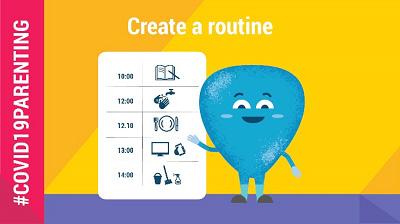
a chatbot, all via SMS in order to reach lowincome communities that might not even have access to smartphones.
The second is ParentChat, a methodology for facilitating online parenting support groups on on-line messaging platforms such as WhatsApp or Viber. Within these support groups, facilitators share tips and activities, often through multimedia content such as videos, and parents can share feedback and learn from each other. Governments, agencies and NGOs from eleven countries have already expressed interest in rolling out these tools following the pilot.
Senior Research Officer
“The University of Oxford and Parenting for Lifelong Health have been working with The Human Safety Net to provide evidence-based parenting resources to over 150 million people during the Covid-19 pandemic. We are delighted to be embarking on a new stage in this partnership with our innovative digital parenting strategies in Malaysia and the Philippines. In 2021, we will strengthen these programmes and make critical scientific advances in our knowledge about what works, for whom, and how, so that we are able to prevent violence against children and promote healthy child development at scale.”
The Human Safety Net Activity Report 2020
Jamie Lachman
65
Lucie Cluver
OUR FUTURE HOME IN VENICE
The future home of The Human Safety Net Foundation will be hosted in the Procuratie Vecchie on St Mark’s Square in Venice. This is a symbolic location for Generali, which shares its winged lion logo with the city of Venice.
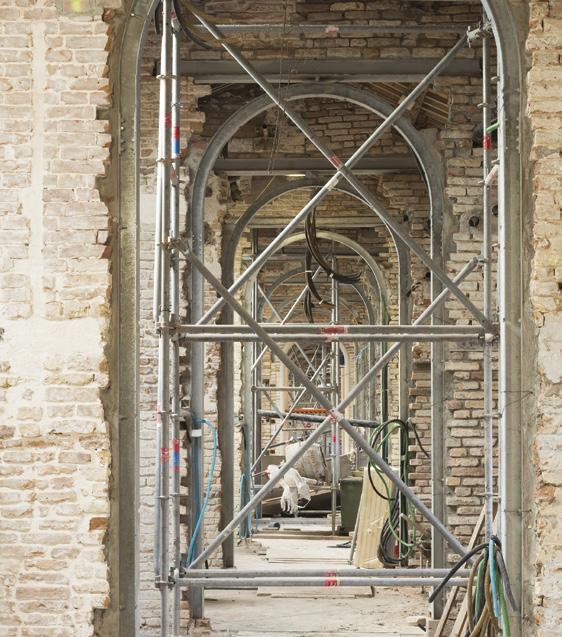
The renovation and enhancement project will create a new permeability of the square, offering a new way of travelling, living and experiencing the square and its attractions. In partnership with The Venice Garden Foundation, Generali has already renovated and opened to the public both the Royal Gardens and The Human Garden, a greenhouse that hosts artistic and cultural activities. For years Venice has been considered a global warning sign of the risks of over-tourism. Now, as Philippe Donnet, Generali Group CEO has pointed out, it has an opportunity to become a global “reference point for sustainability”.
“We have come to better understand and respect the complexities of the building hidden behind its grand external façade. In adapting the building to accommodate a more public programme for The Human Safety Net, we sought to balance infrastructural requirements with restoration and refurbishment of the historic fabric.

We are driven by the ambition to both reunify the architectural work, as well as the building’s identity as a place of work, meeting and discussion for the city.”
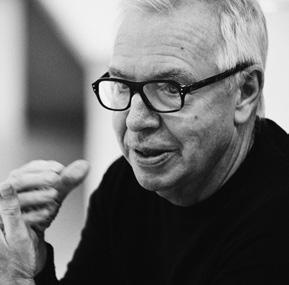
The Human Safety Net Activity Report 2020
David Chipperfield
Architectural project: David Chipperfield Architects

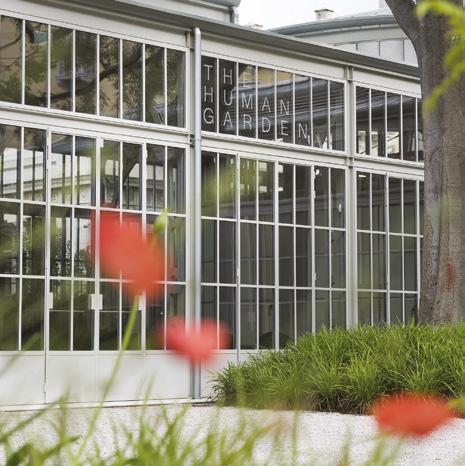

The Human Safety Net Activity Report 2020
Royal Gardens
Saint Mark’s Square
The Human Safety Net Hub
67
A PLACE TO ENGAGE PEOPLE AND MAKE A REAL CONTRIBUTION TO COMMUNITIES
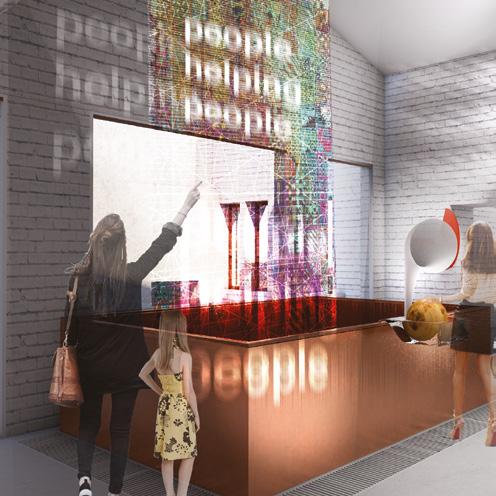
Venice is a place of welcome, exchanges, encounters, hybridisation and a melting pot of cultures. It is a city The Human Safety Net – with its mission focused on research, expression, discovery and the affirmation of human potential – can call home.
This home will become a lively and open node in the foundation’s network; a focal point catalysing cultures, reflections, experiences and dialogues. Its purpose will not be limited to mere representation. Instead it will serve as a platform for international debates around our mission, with a co-working space and residency programme building bridges between Generali people, partners, beneficiaries and other stakeholders. It will be a place where visitors can experience The Human Safety Net directly and get involved. It aims to generate an incisive understanding of human potential in order to engage more people to amplify the movement. Venice and the Procuratie Vecchie is where the net opens up to interested and like-minded
organisations; a place to explore and propose social innovation; a hub to develop thought leadership on key challenges facing societies. For those of us working within The Human Safety Net, it is a way to drive advocacy, action and social innovation for a more inclusive future.
Interior and exhibition design by: Migliore+Servetto Architects

Art direction by:
Rampello & Partners
Content curation by: Dialogue Social Enterprise
The Human Safety Net Activity Report 2020
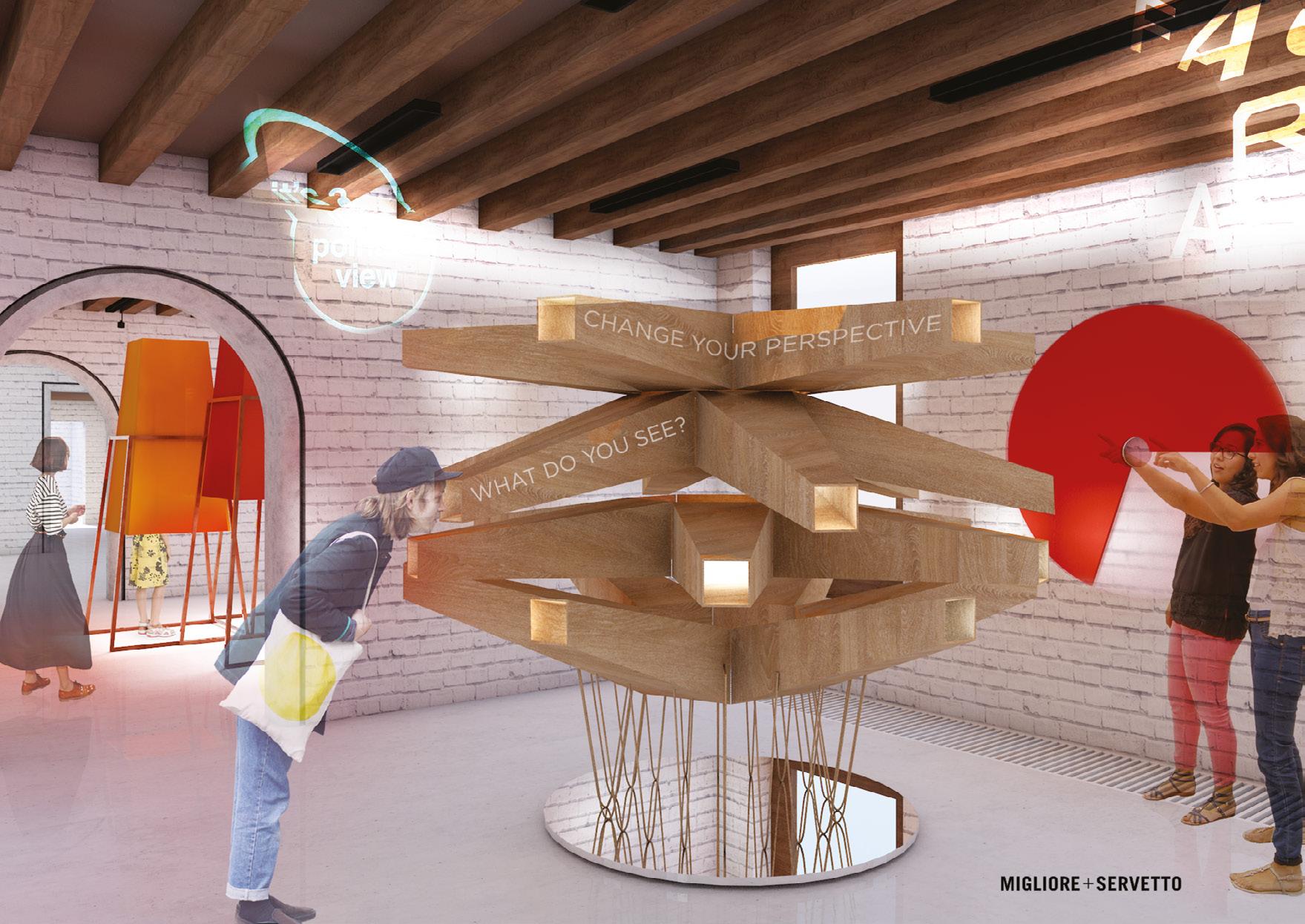
GOVERNANCE AND PEOPLE
Board of Auditors
Checks and controls the administrative and accounting system
OUR GOVERNANCE
The Human Safety Net is managed through a foundation established by Generali. The Foundation is in charge of making investments directly as well as supporting Generali business units around the world to develop their philanthropic activities within the framework of The Human Safety Net.
The Foundation sets the strategic direction for The Human Safety Net and defines its methodology and approach.
It ensures global coordination between programmes and works side-by-side with Generali companies and NGO partners, acting as a competence centre. It coordinates impact measurement for all programmes in accordance with the Business for Societal Impact Framework, collecting and analysing data to understand their performance and social impact.
The foundation is a non-profit organisation registered under Italian law. It receives funds from Generali as well as from third parties.
Surveillance Body
An independent body that oversees, develops and promotes continuous updating of the Foundation’s OMM (Organisational and Management Model)
Appointed by Foundation BoD
Appointed by Assicurazioni Generali BoD Board of Directors (BoD)
Manages and administers the Foundation’s activities, such as selecting and funding programmes
Appointed by Assicurazioni Generali BoD
Executive Officer in charge of management and operations
Appointed by Foundation BoD
100% of all donations go directly to the NGO partners of The Human Safety Net. All overhead costs incurred by the Foundation
are born by Generali, including the team which is seconded from Generali.
The Human Safety Net Activity Report 2020
OUR PEOPLE
The Board of Directors is responsible for defining the Foundation’s strategy and supervising its activities, such as approving partnerships and selecting and funding programmes.
The Board of Auditors verifies management records, checks that accounts have been duly kept and that assets have been correctly valued. For the implementation of all its resolutions, the Board appoints an Executive Officer, who is also in charge of management of the Foundation and its operations.
BOARD OF DIRECTORS
Gabriele Galateri di Genola
Chair-person
Aldo Minucci
Vice chair-person
Philippe Donnet
Simone Bemporad
Monica Alessandra Possa
Lucia Silva
SECRETARY OF THE BOARD
Michele Amendolagine
BOARD OF AUDITORS
Cristina Morgan
Chair-person
Roberto Odierna
Massimo Romano
SURVEILLANCE BODY
Raffaele Cusmai
EXECUTIVE OFFICER
Emma Ursich
OUR TEAM
A global team runs the Foundation’s activities. In each country where The Human Safety Net is active, local Generali teams work with partner NGOs to closely monitor programme implementation and drive internal and external engagement to support The Human Safety Net.
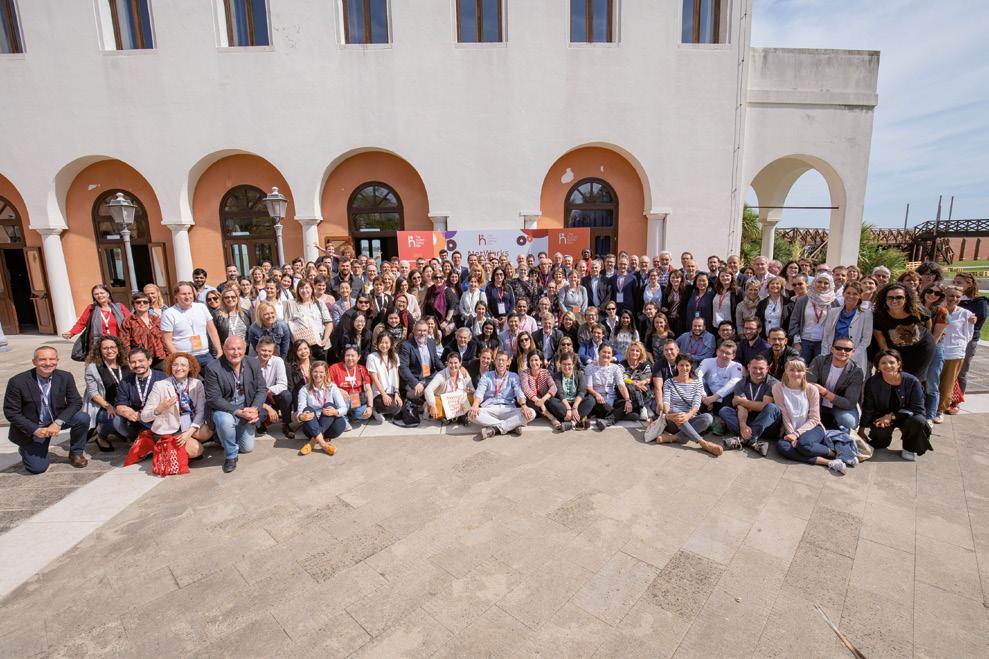
The Human Safety Net Activity Report 2020
71
RULES AND BEST PRACTICES
As a Foundation, we align with regulations adopted by nonprofit organisations, as well as best practices aimed at guaranteeing the highest levels of compliance, risk management and transparency standards towards our partners, beneficiaries and stakeholders in general.
CHILD AND VULNERABLE ADULT PROTECTION POLICY
This policy is designed to ensure that children and vulnerable adults who are involved with or affected by The Human Safety Net, directly or indirectly, are protected from any form of abuse and exploitation. It also stipulates that The Human Safety Net’s staff, volunteers, associates and partners commit to the highest requirements of safeguarding and protection from abuse, exploitation and discrimination.
CODE OF CONDUCT
The Human Safety Net adopts Generali’s Code of Conduct. This code defines the basic behavioural principles that all employees of the Group are required to comply with and sets specific guidelines designed to promote diversity and inclusion, protect personal data and prevent corruption.
ORGANISATION AND MANAGEMENT MODEL (OMM)
The Human Safety Net adopts an OMM for the prevention of offences committed in the interest or to the advantage of the foundation, pursuant to Italian legislative decree no. 231/2001, that may result in administrative liability in court.
The Human Safety Net Activity Report 2020
PARTNER SELECTION
The Human Safety Net applies a robust selection process to every partner it decides to work with
DUE DILIGENCE
A complete and detailed due diligence is performed prior to selection, screening the organisation’s track record, financial and organisational stability and reputation. Specific compliance controls are performed in order to prevent and mitigate risks related to bribery and corruption, money laundering, terrorism financing and international sanctions. These checks are performed locally by Generali companies and validated by experts in Generali’s Head Office.
SURVEILLANCE BODY
The Surveillance Body, whose membership meets the requirements of autonomy and independence, ensures effective implementation of the OMM, and reports periodically to the Board of Directors on its activities.
MEASUREMENT, EVALUATION AND LEARNING SYSTEM
The Human Safety Net has a shared impact measurement platform that allows the foundation to track its global impact in a consistent manner all over the world, establishing a virtuous learning cycle with our partners.
The Human Safety Net Activity Report 2020
73
The Human Safety Net Activity Report 2020
OUR JOURNEY
Event in Davos on Nurturing Care
< 2019
For Families programme launched in Turkey and Croatia
2017 >
Selection of three programme areas from among more than 300 ideas submitted by Generali employees
First NetWorks Summit for 20+ partners, Generali country teams and experts held in Venice
For Newborns initiated in the Czech Republic and in Hungary
Second NetWorks Summit with 46+ partners
Activation of the agent network in France
Launch of first impact investment fund: Generali Ambition Solidaire
First cycle of Scale Up Impact
First fundraising campaigns launched in France, Spain and Hungary
First For Families programmes launched in Germany, France, Argentina, Indonesia and Spain
First For Refugee Start-ups programmes launched in Germany and France
The Human Safety Net officially presented in Venice
For Refugee Start-ups started in Switzerland
For Families kicks off in Romania, Malaysia, Thailand, Slovenia, Hungary, Serbia, Italy, Slovakia, India, Vietnam and Switzerland
Focus on launching three programmes in new countries:
Approval of restoration project for The Human Safety Net in Venice
The first Activity Report is published
For Families kicks off in Hong Kong and Bulgaria
17 NGOs receive Covid-19 grants in two different streams, and take advantage of several non-financial initiatives
Four partnership with Fondazione Italiana Accenture, Dell Technologies, Cisco Italia and Hogan Lovell
Human Safety Net Activity Report 2020
>
The
< 2018 2020
75
LOOKING AHEAD
Over three years, across 22 countries and with more than 50 partners, The Human Safety Net has created the foundations for future innovation and of its programmes. In light of the most devastating global crisis in decades, 2021 must also be a year of fostering resilience and building back better, of addressing new and emerging needs in vulnerable communities and accelerating social innovations that work.
Through new alliances with leading corporations and foundations, we will expand the reach of our programmes, deepen the support we offer our NGO partners, and contribute to shared progress in the sectors in which we operate.
Through Scale Up Impact grants we will continue to support high-potential programmes and partners to scale up their
work in collaboration with NGOs, the private sector and governments.
Working hand-in-hand with changemakers and across Generali, we want to mobilise our employees, agents and customers and explore the connections with our business.
We will focus on new ways of harnessing the potential of insurance and asset management
to achieve social impact and serve the vulnerable.
Finally, 2021 will see the opening of our new home in the Procuratie Vecchie in Venice, an inspiring space where innovators, international institutions and the public can come together to better understand and work towards social change.
The Human Safety Net Activity Report 2020
The Human Safety Net 2020 Activity Report
Published in March 2021 by Generali Foundation - The Human Safety Net ONLUS
This document is printed on recycled, FSC certified paper. The digital version is available on thehumansafetynet.org.
Photos: Ingrid Von Kruse, Luca Cervasato, Daniele Braida, Mattia Zoppellaro/Contrasto, Bruno Zanzottera/Parallelozero, Braňo Konečný, La Ruche and The Human Safety Net teams
Concept & Design: Ragù Communication
www.thehumansafetynet.org









































 Board member of The Human Safety Net Foundation and Generali Director of Communications and Public Affairs
Simone Bemporad
Board member of The Human Safety Net Foundation and Generali Director of Communications and Public Affairs
Simone Bemporad










































































